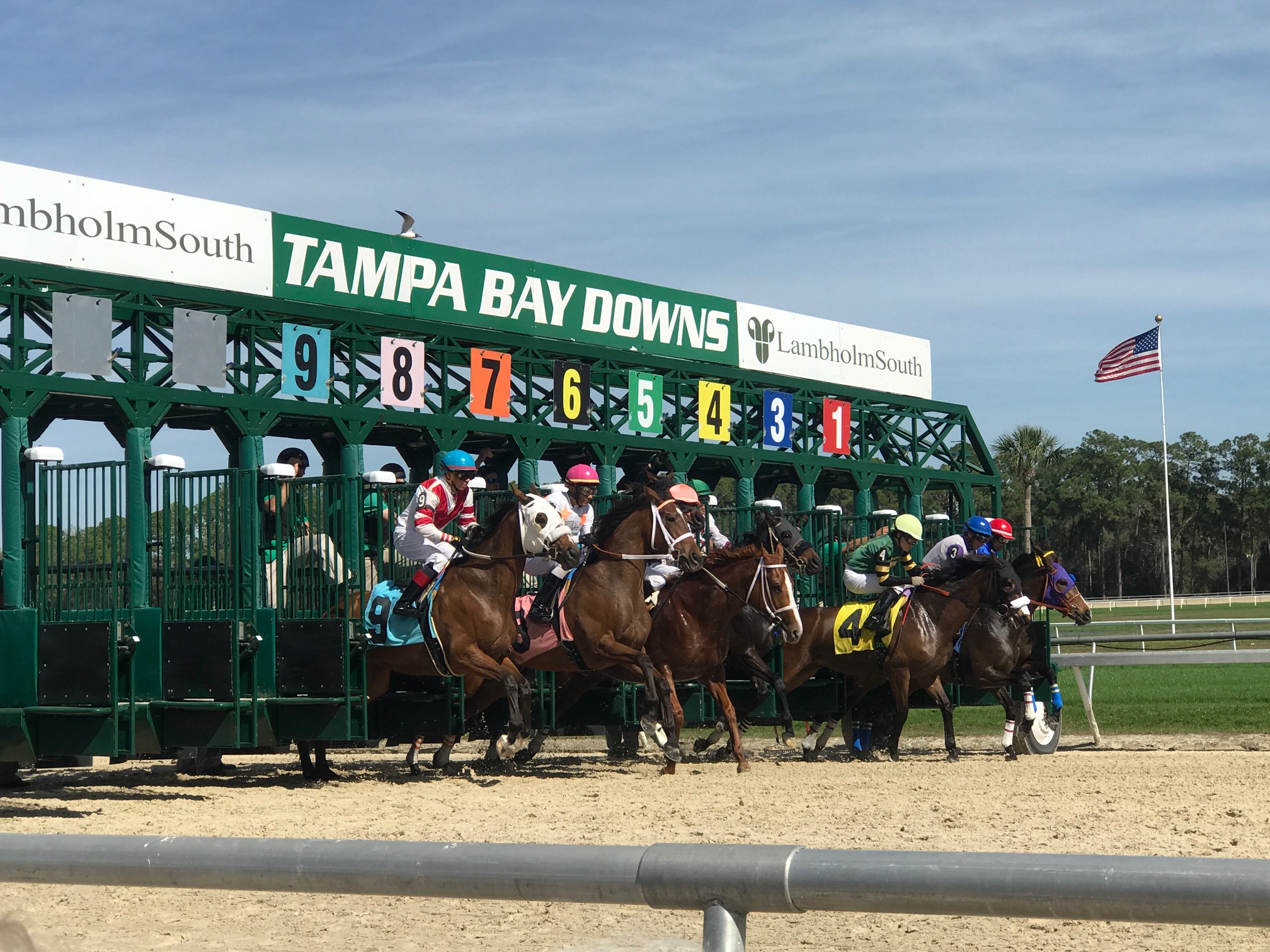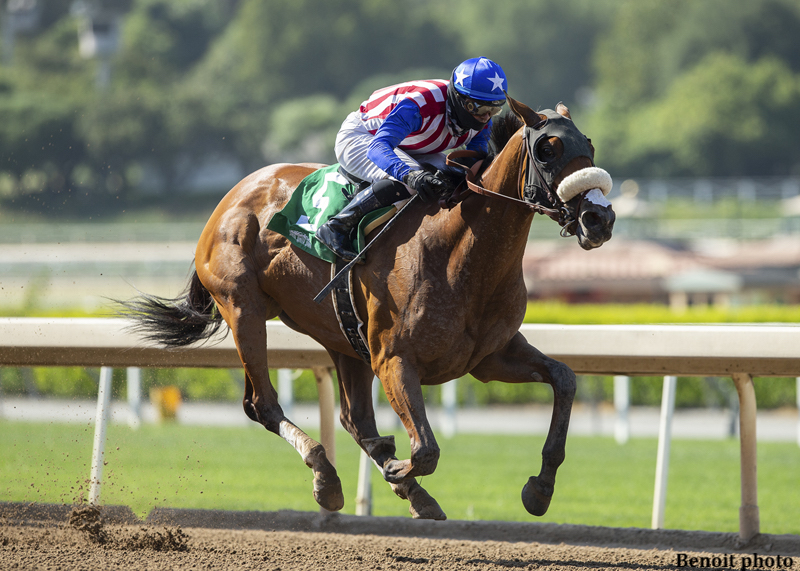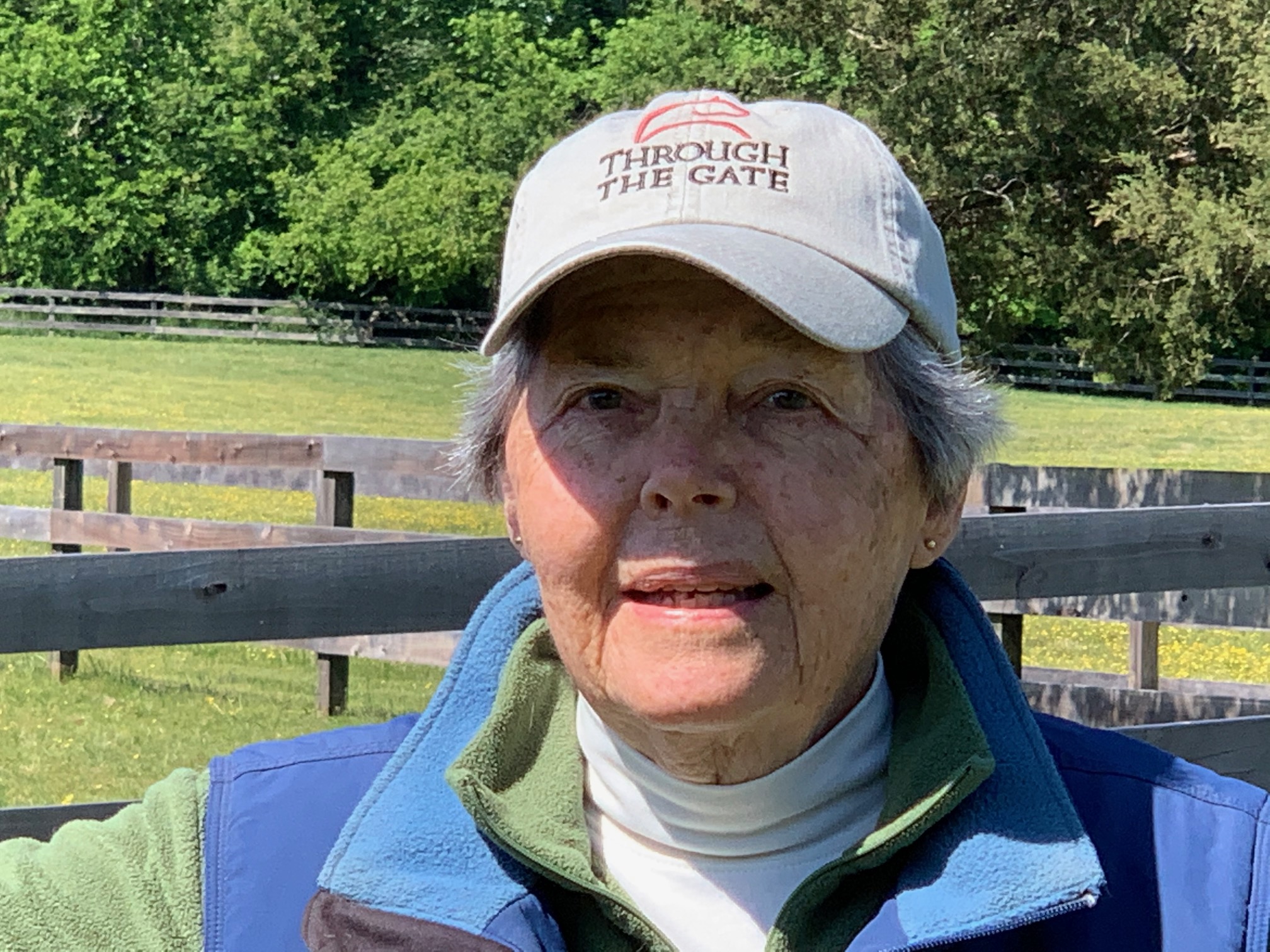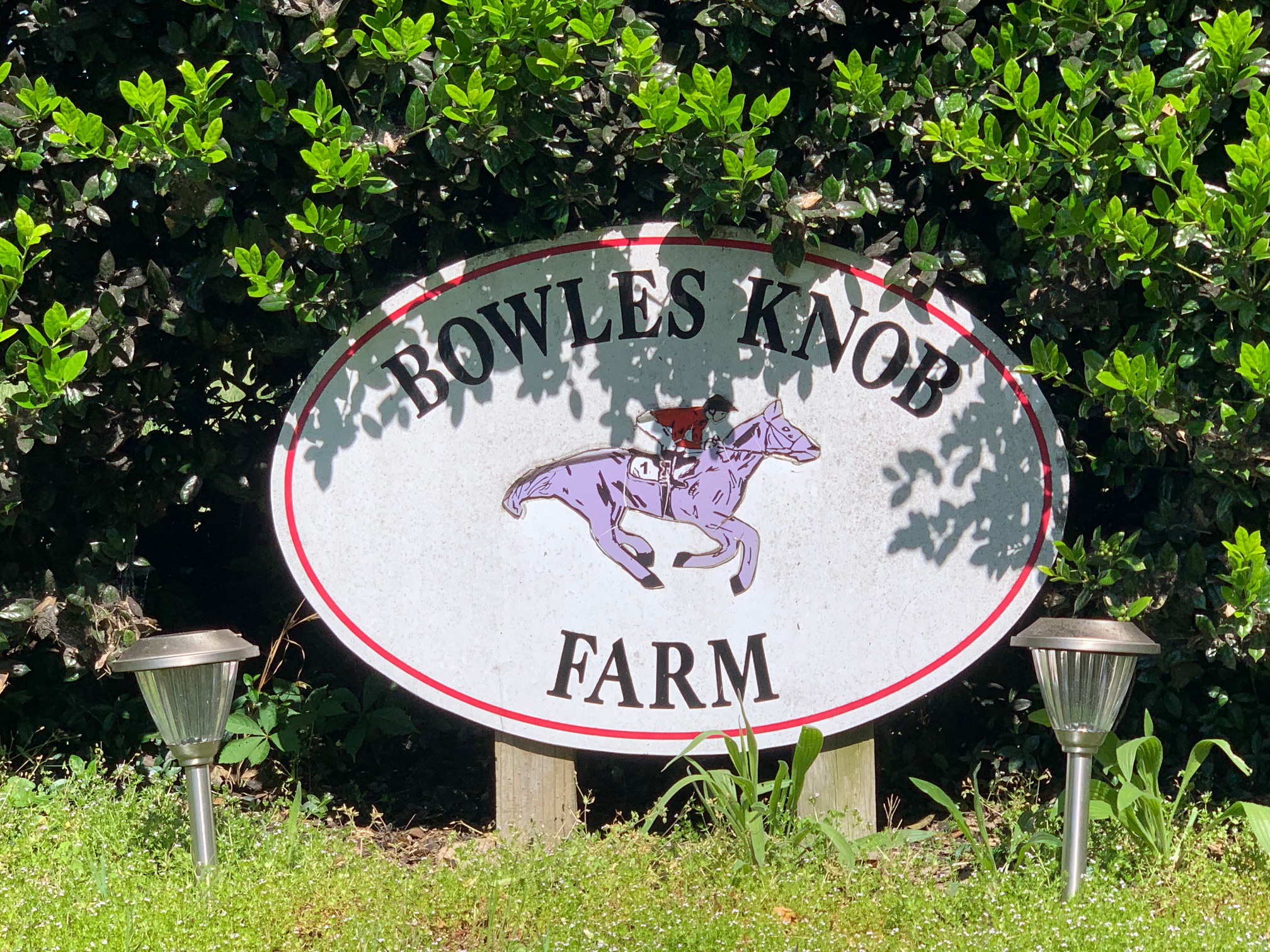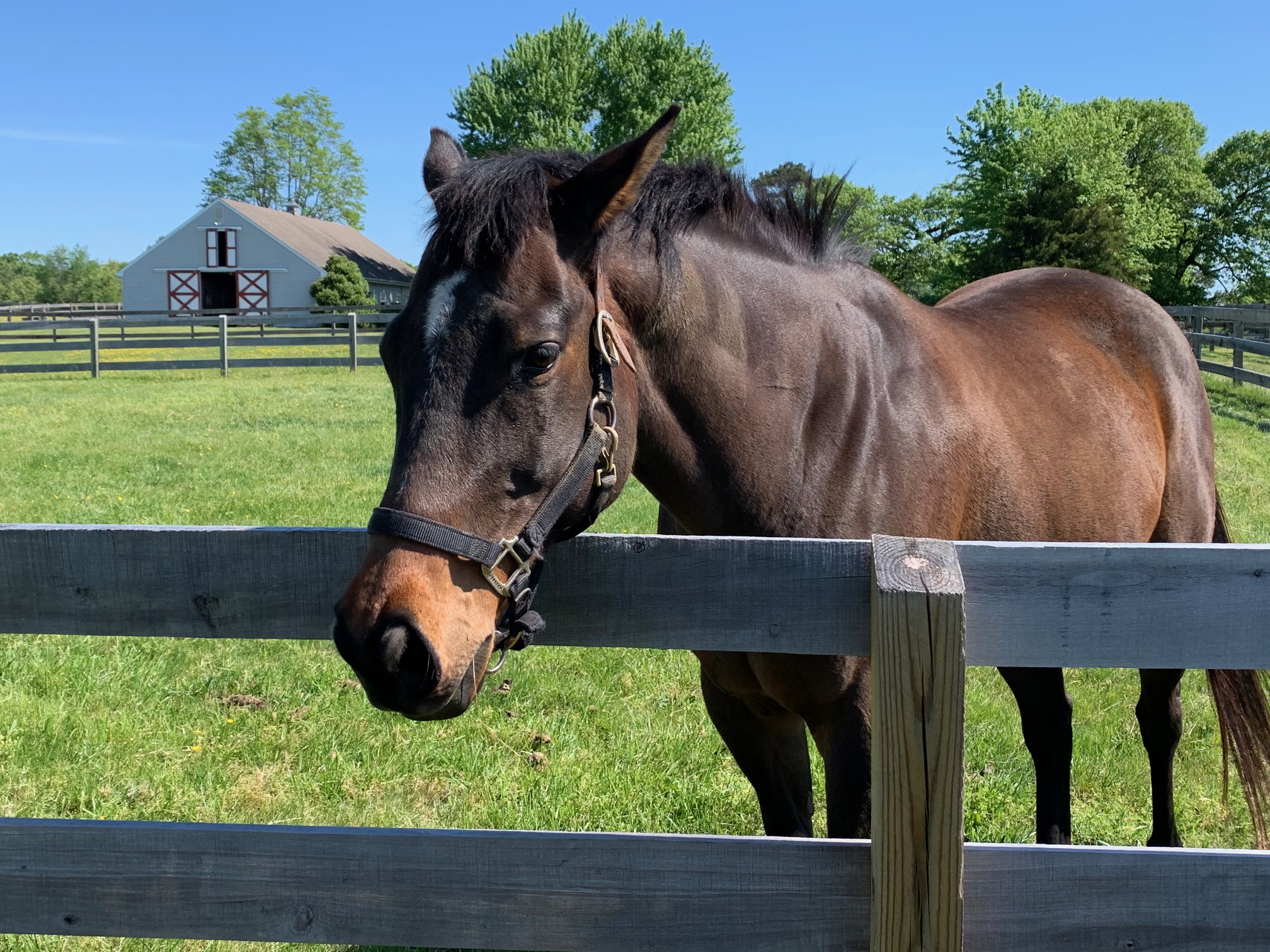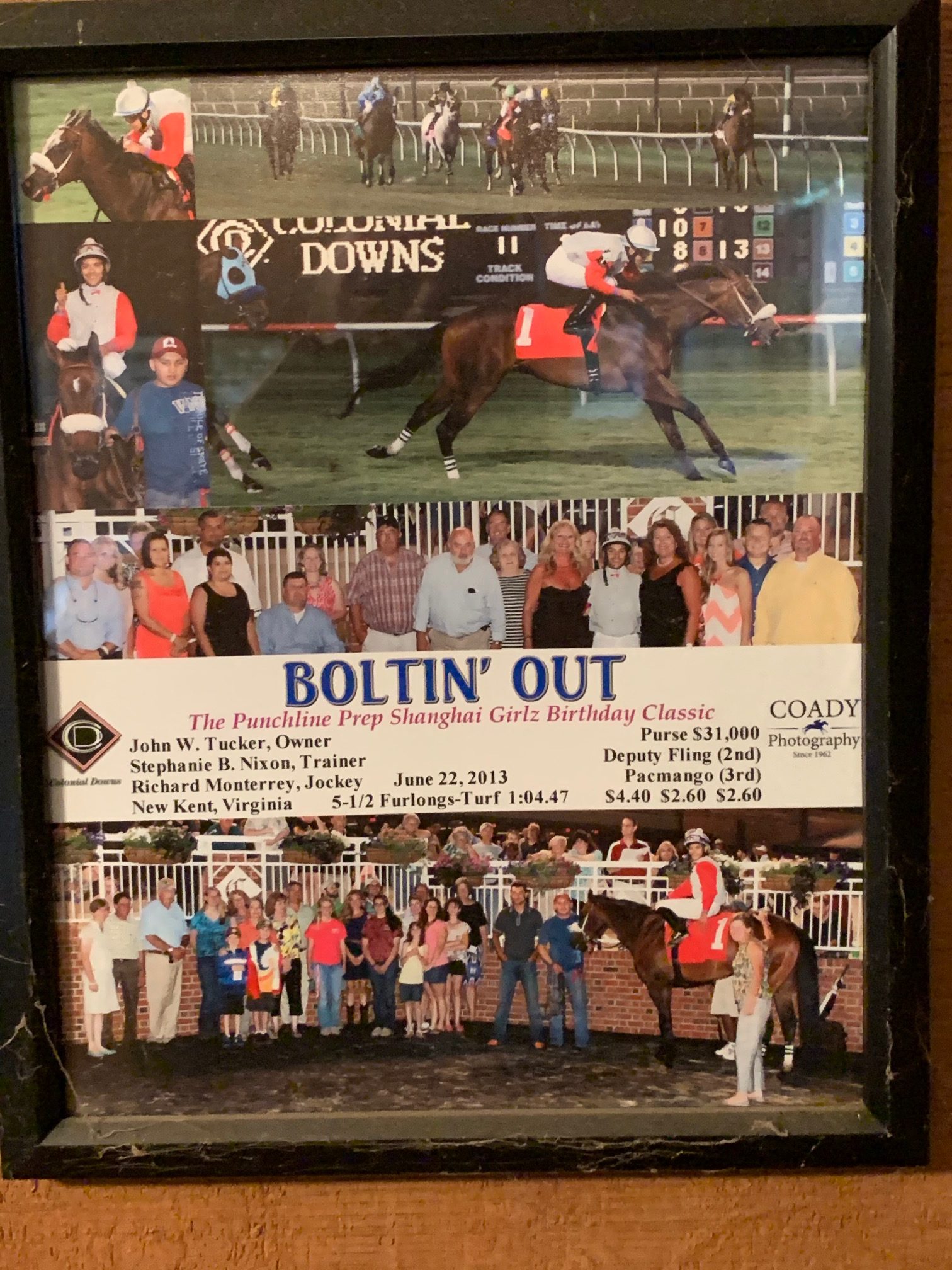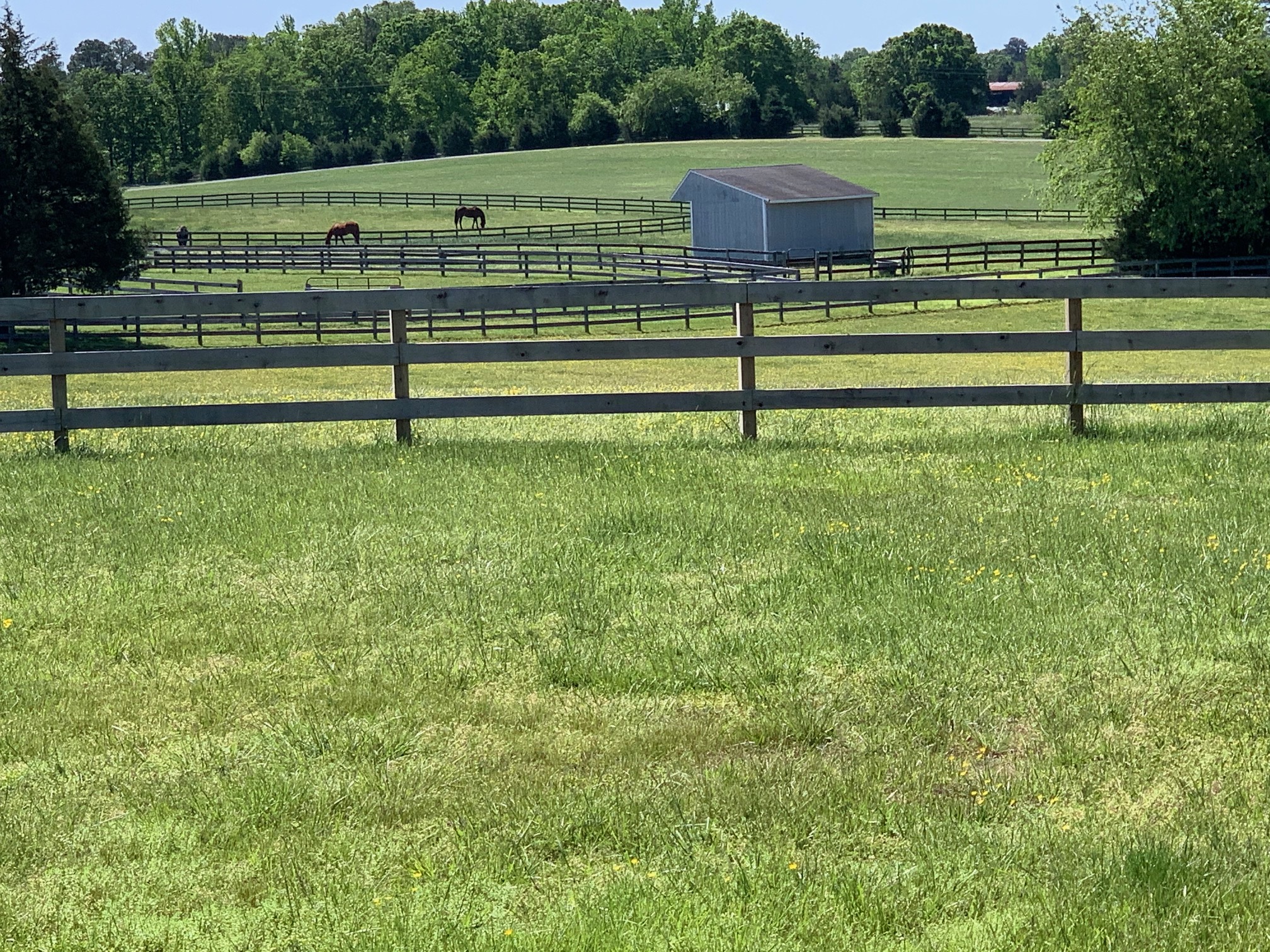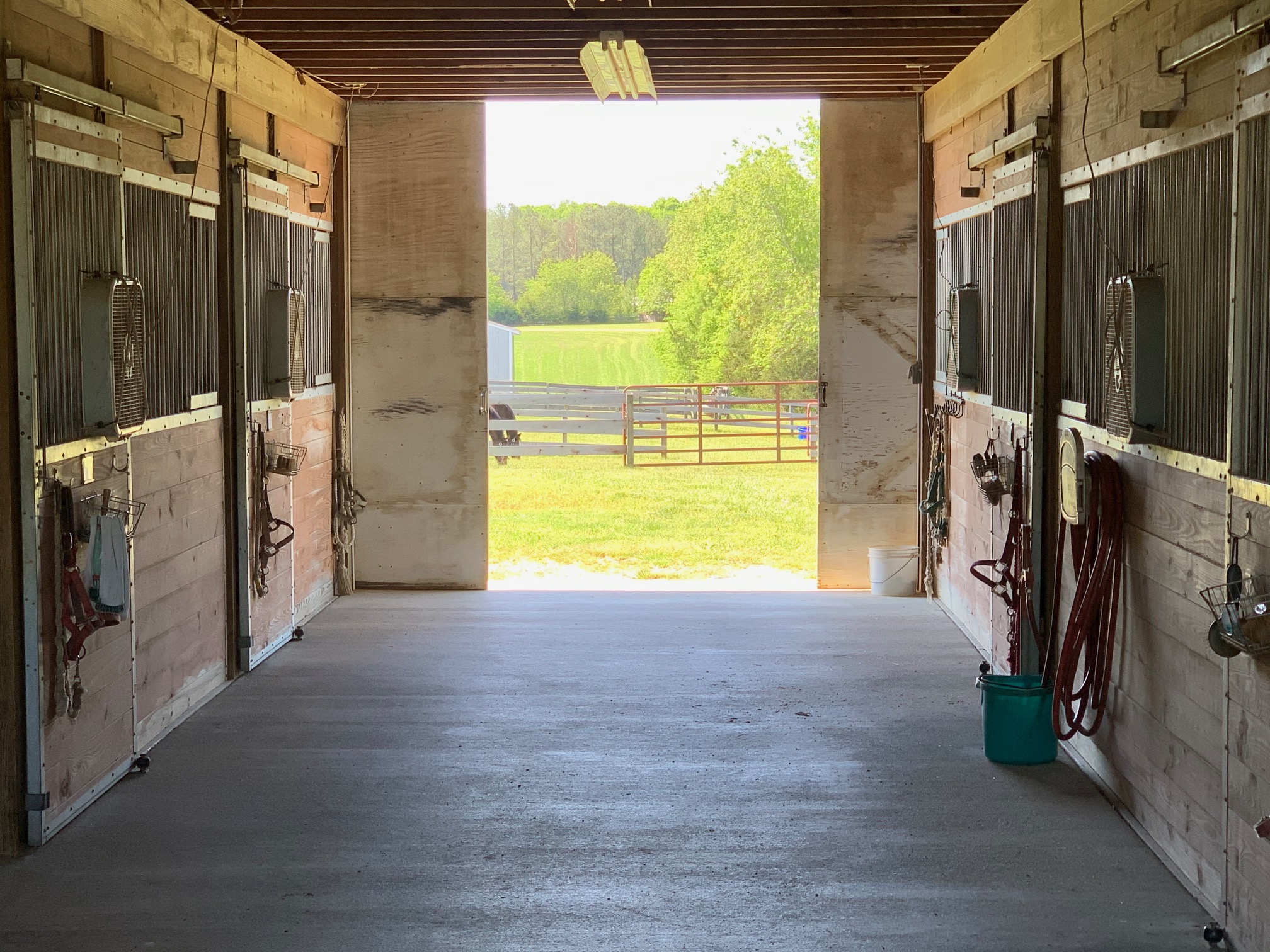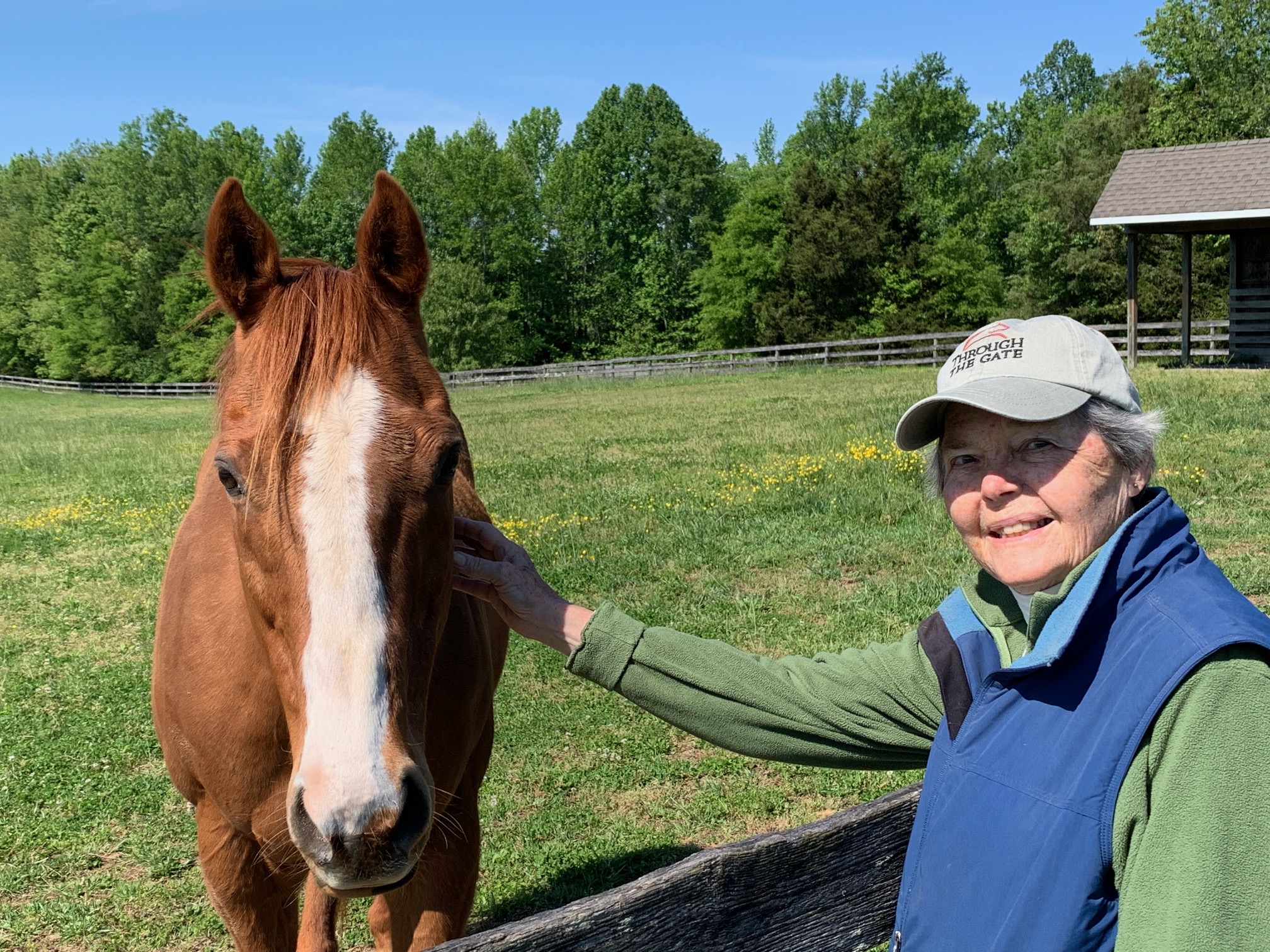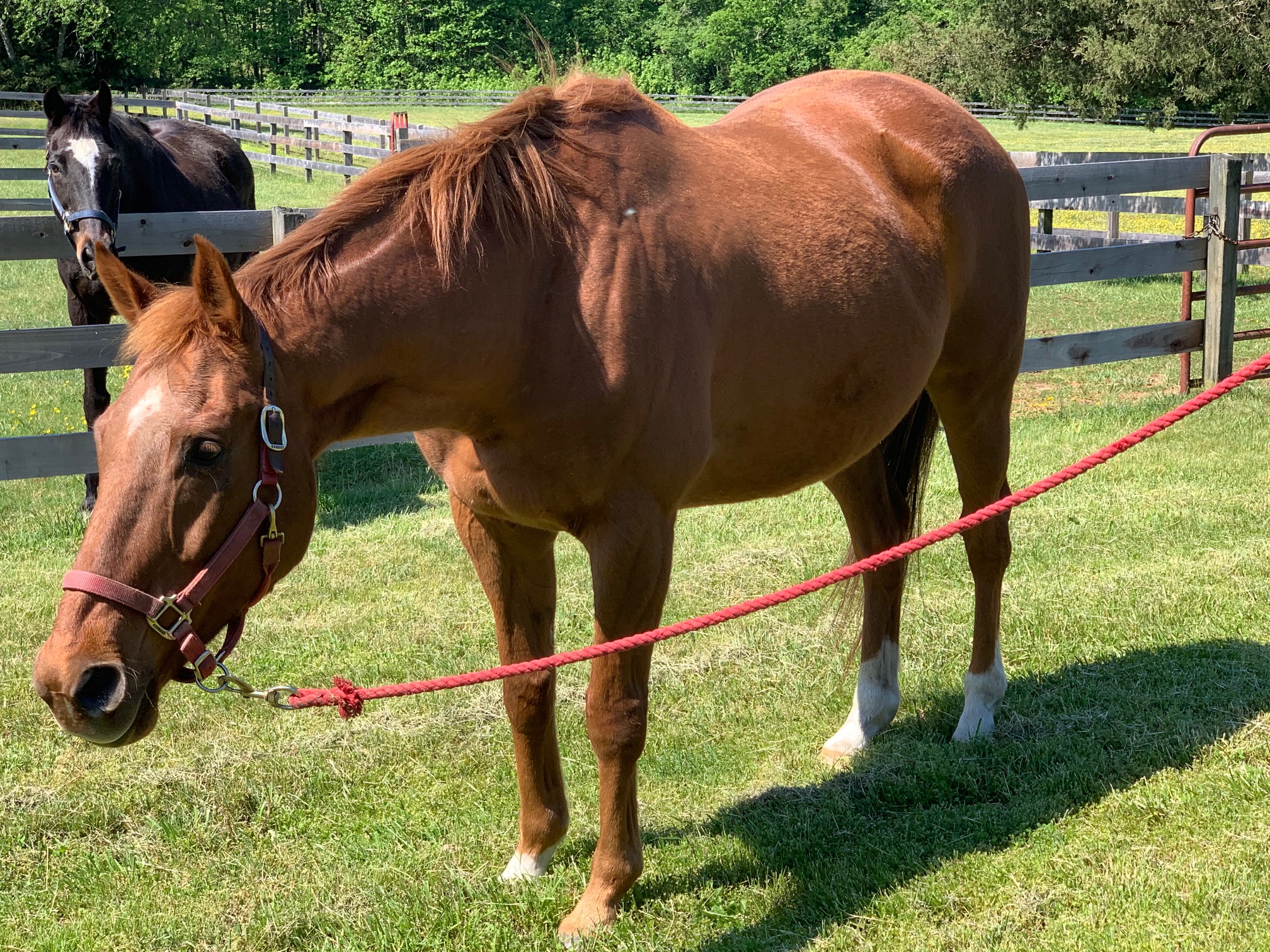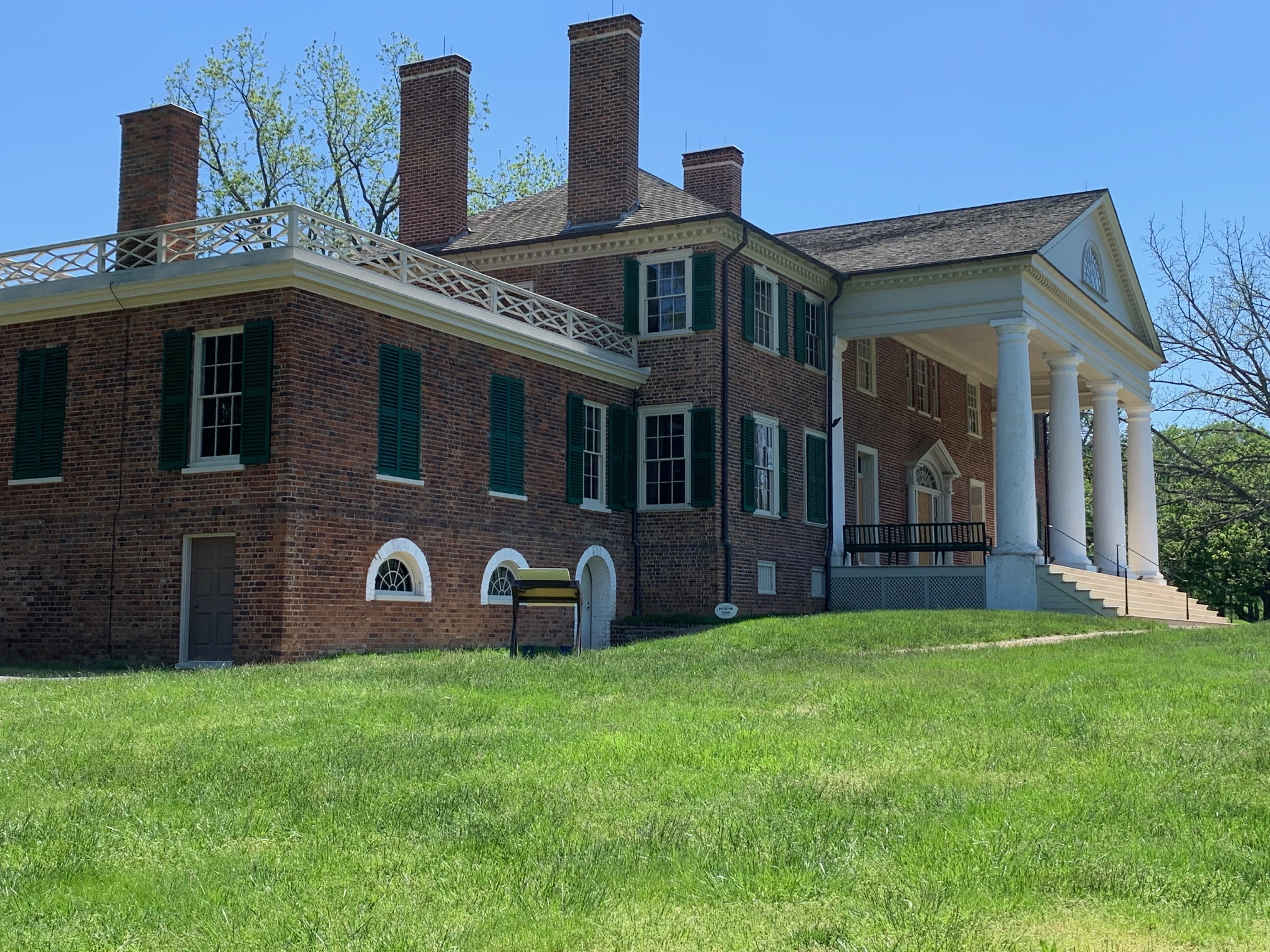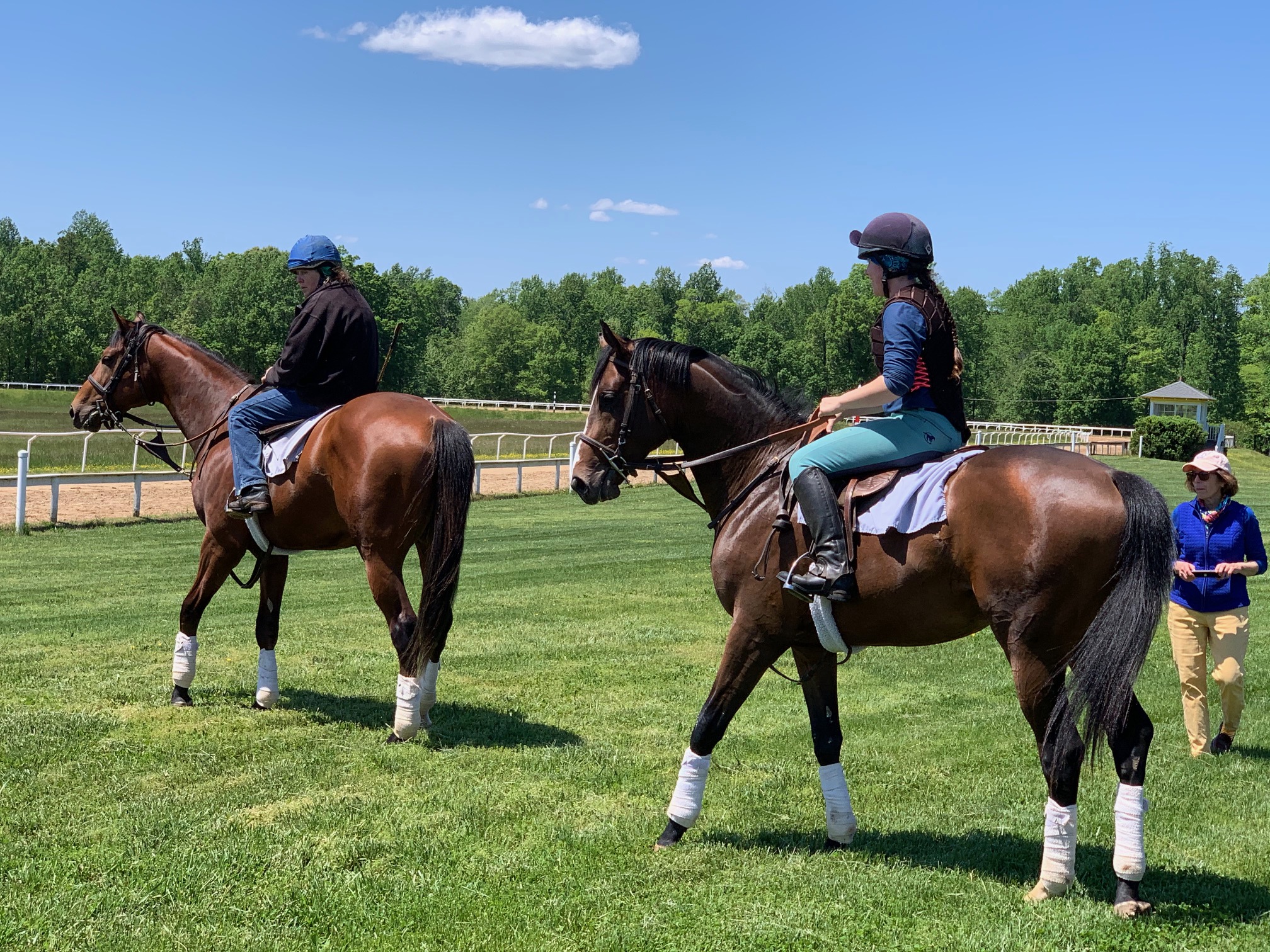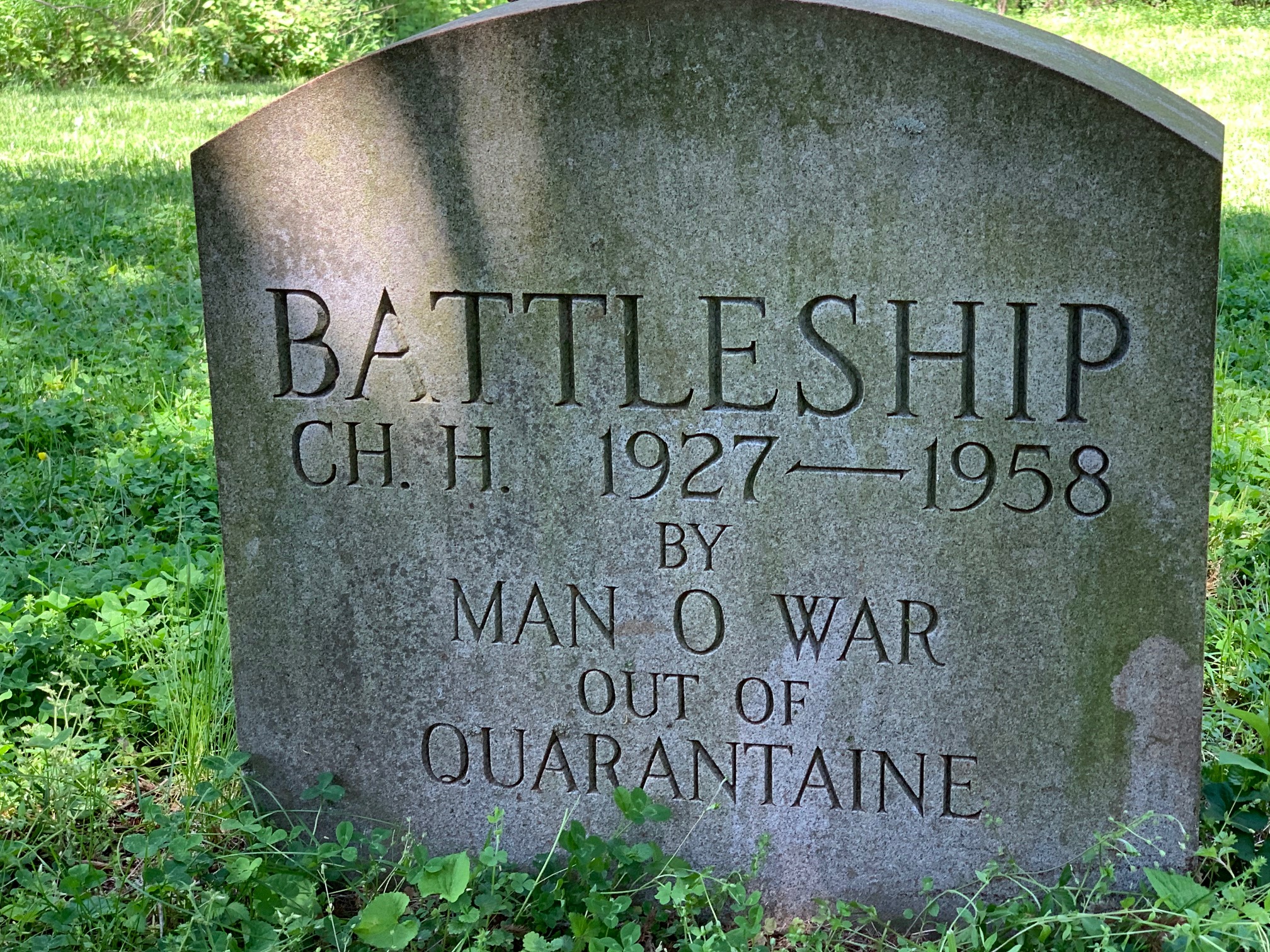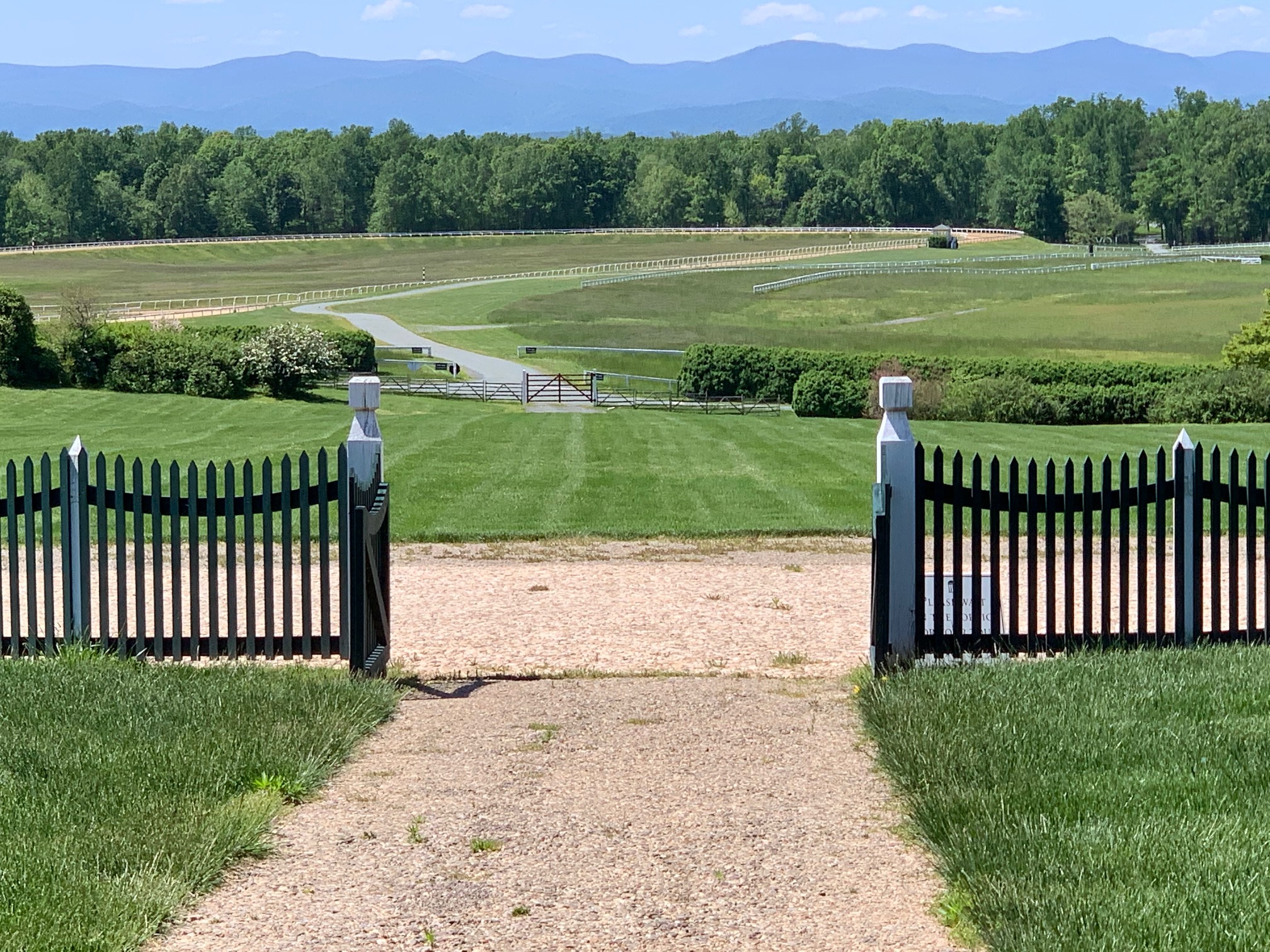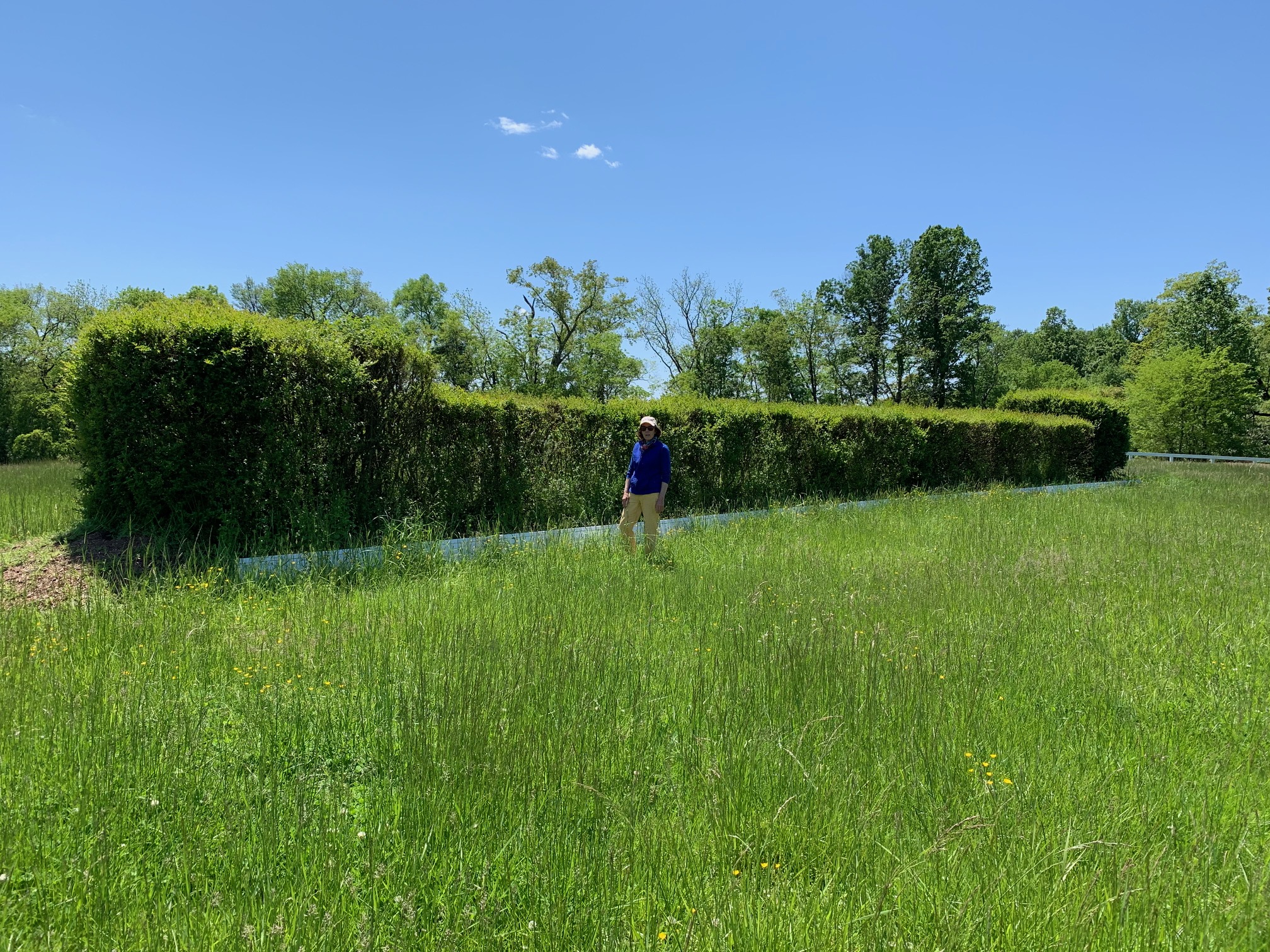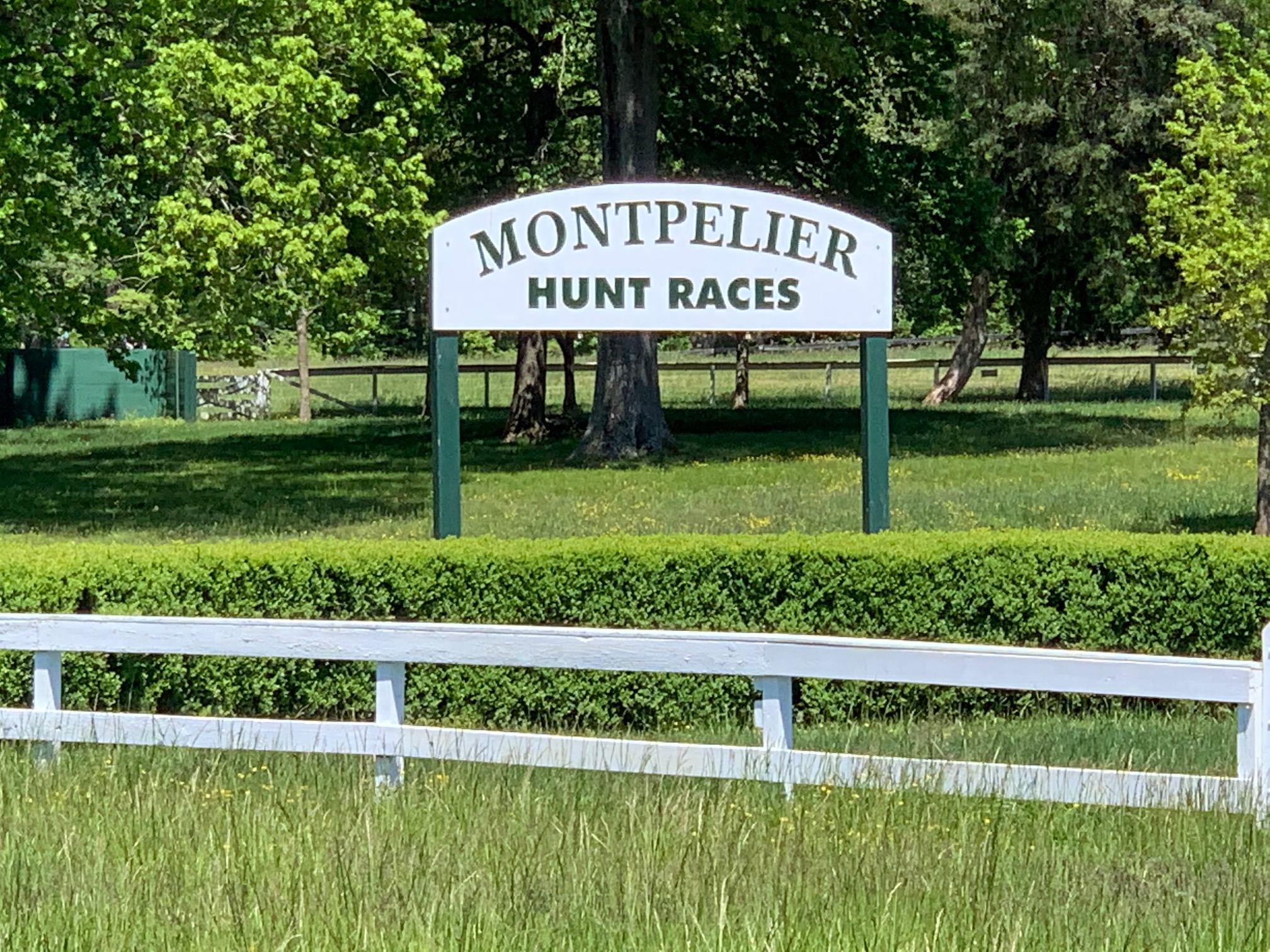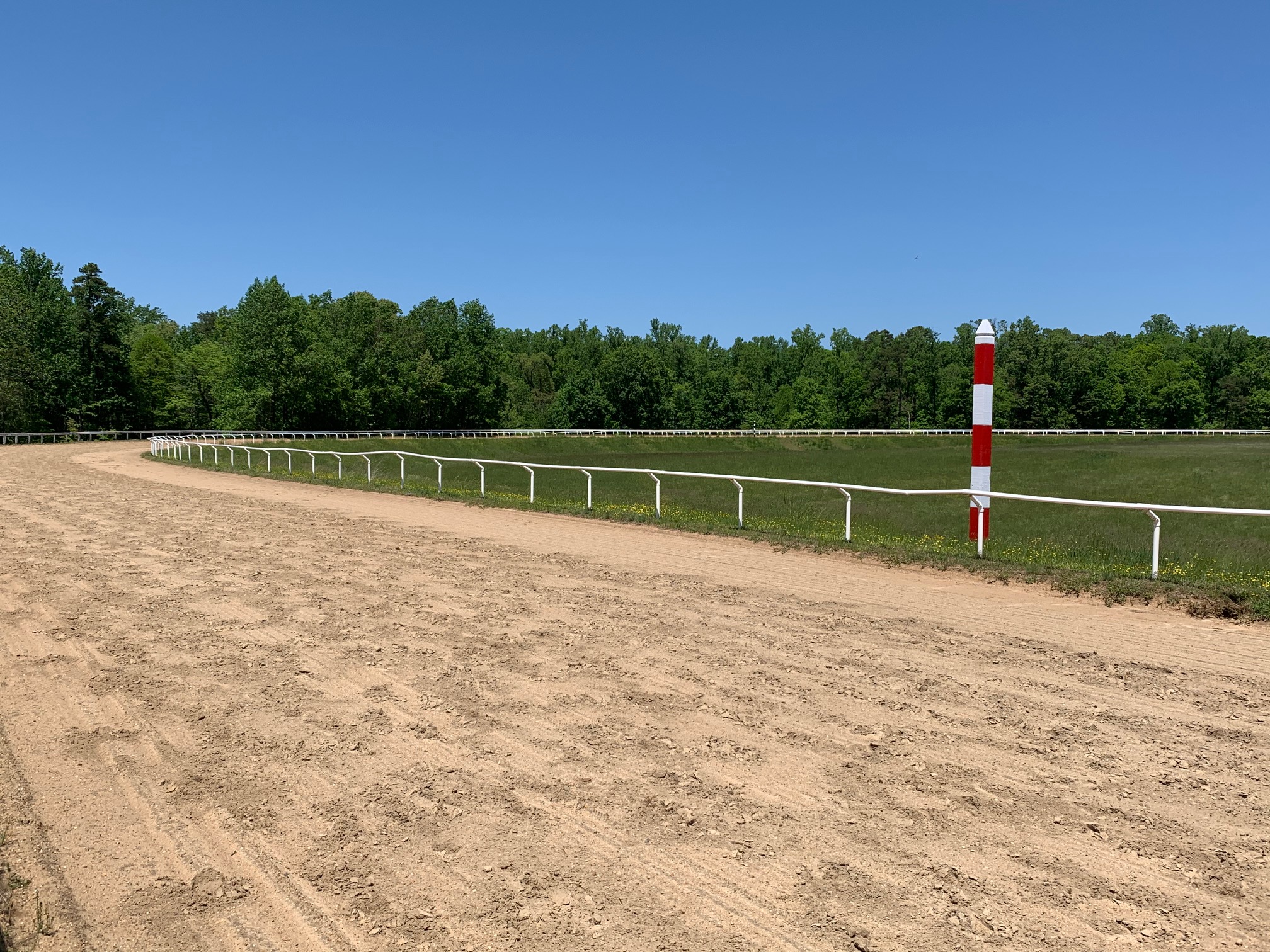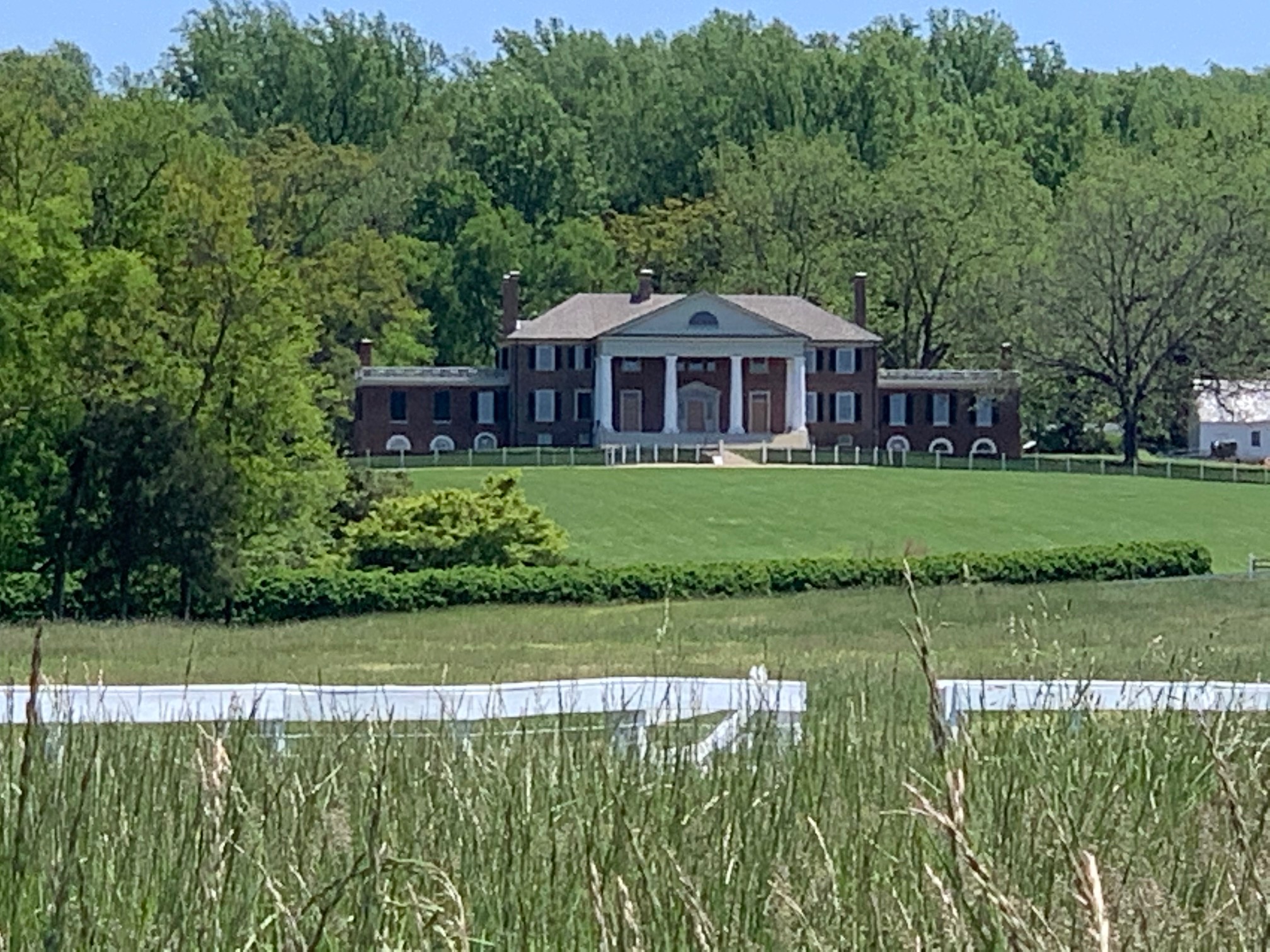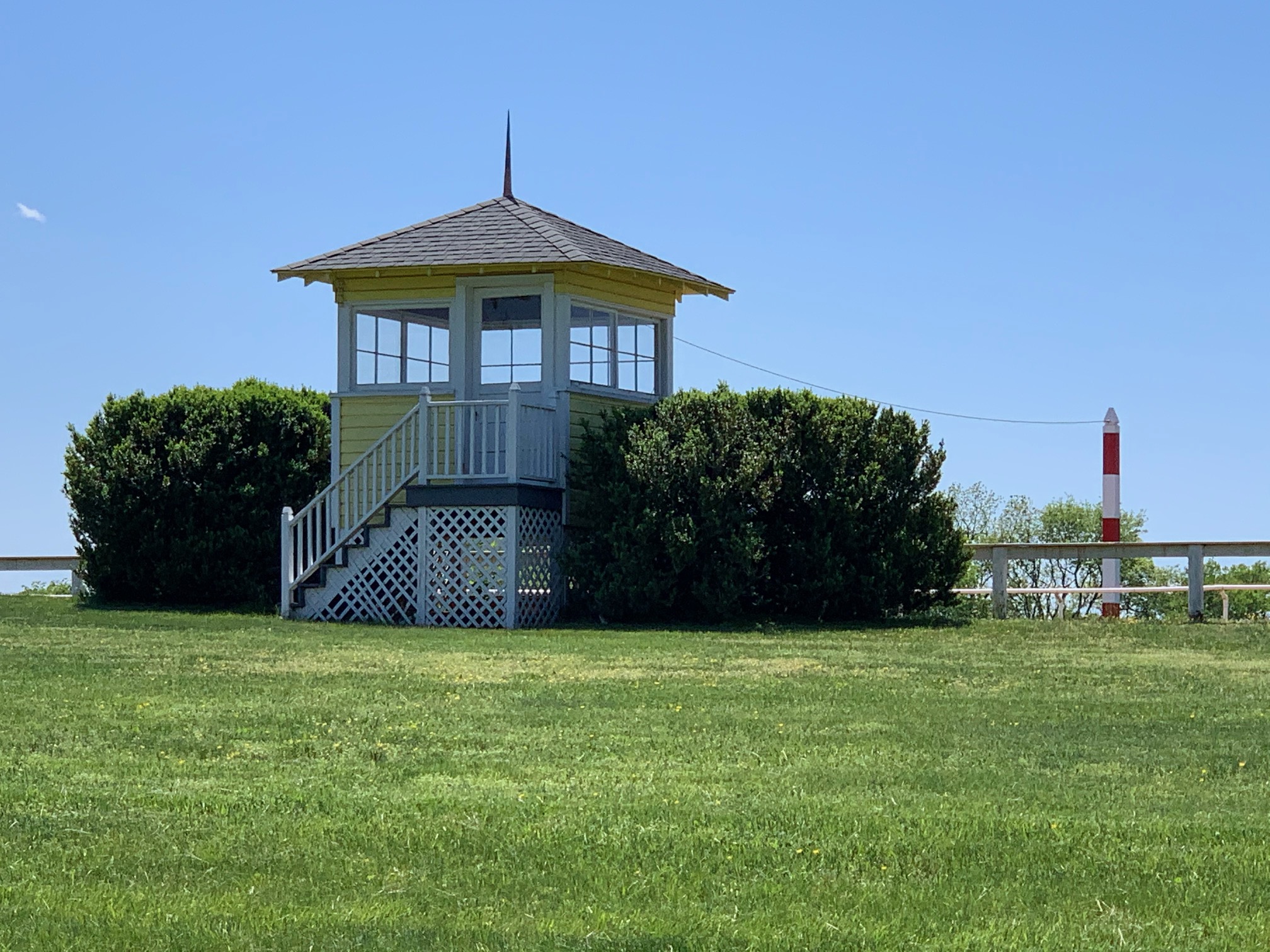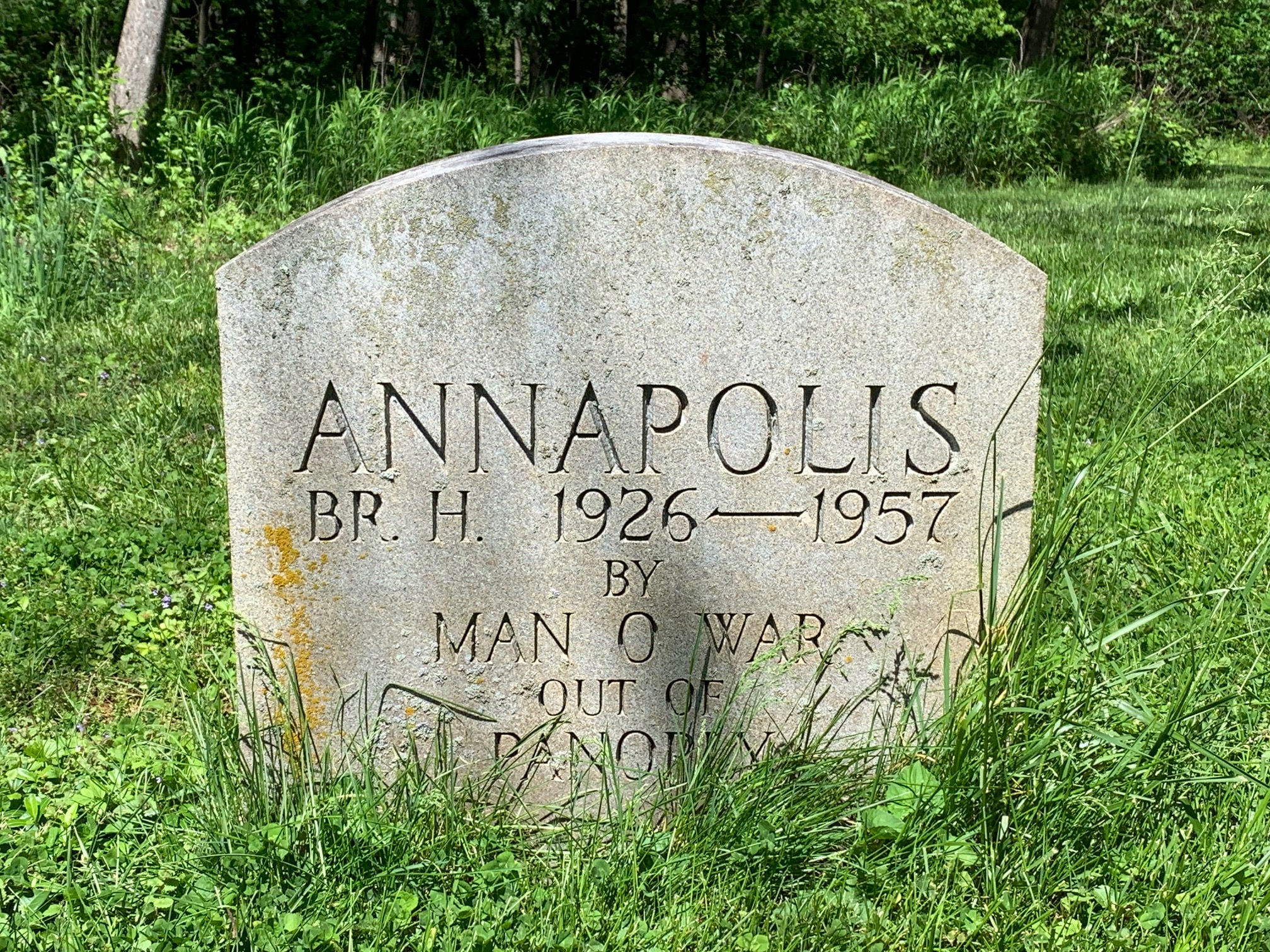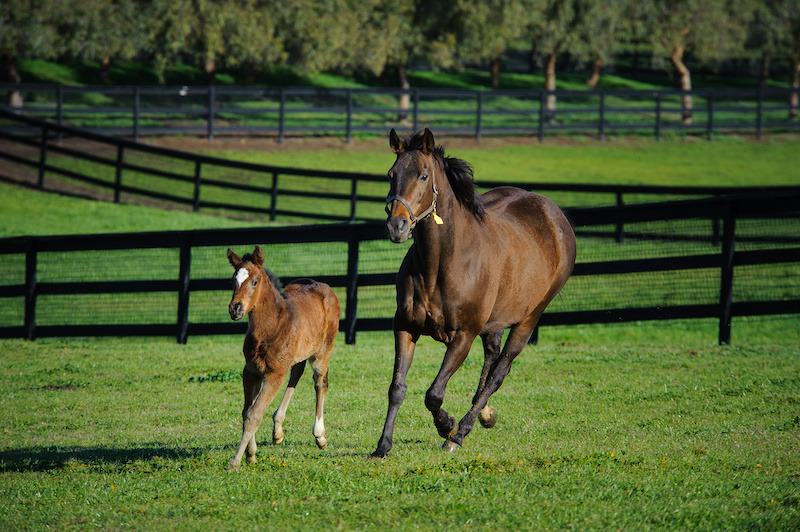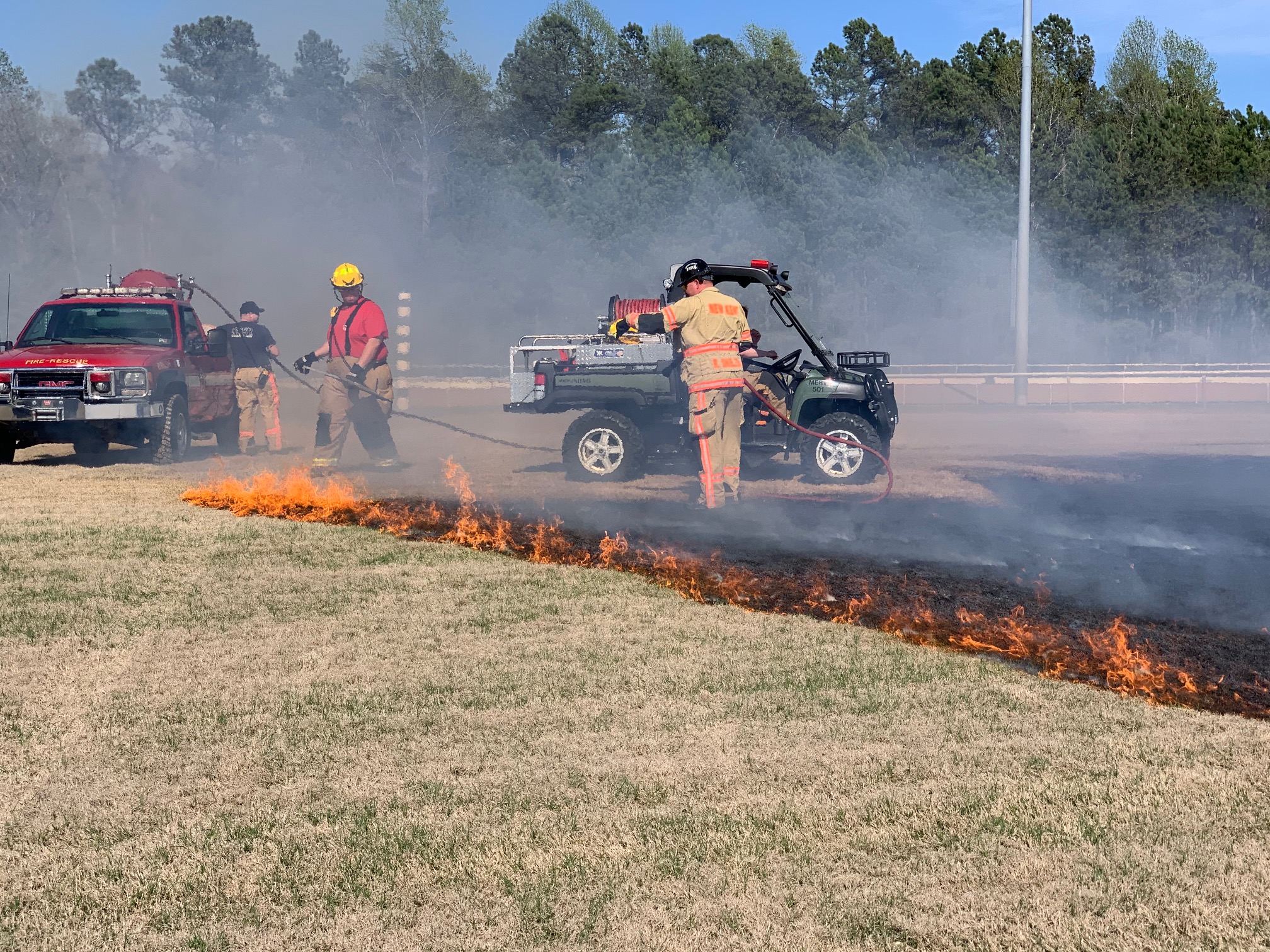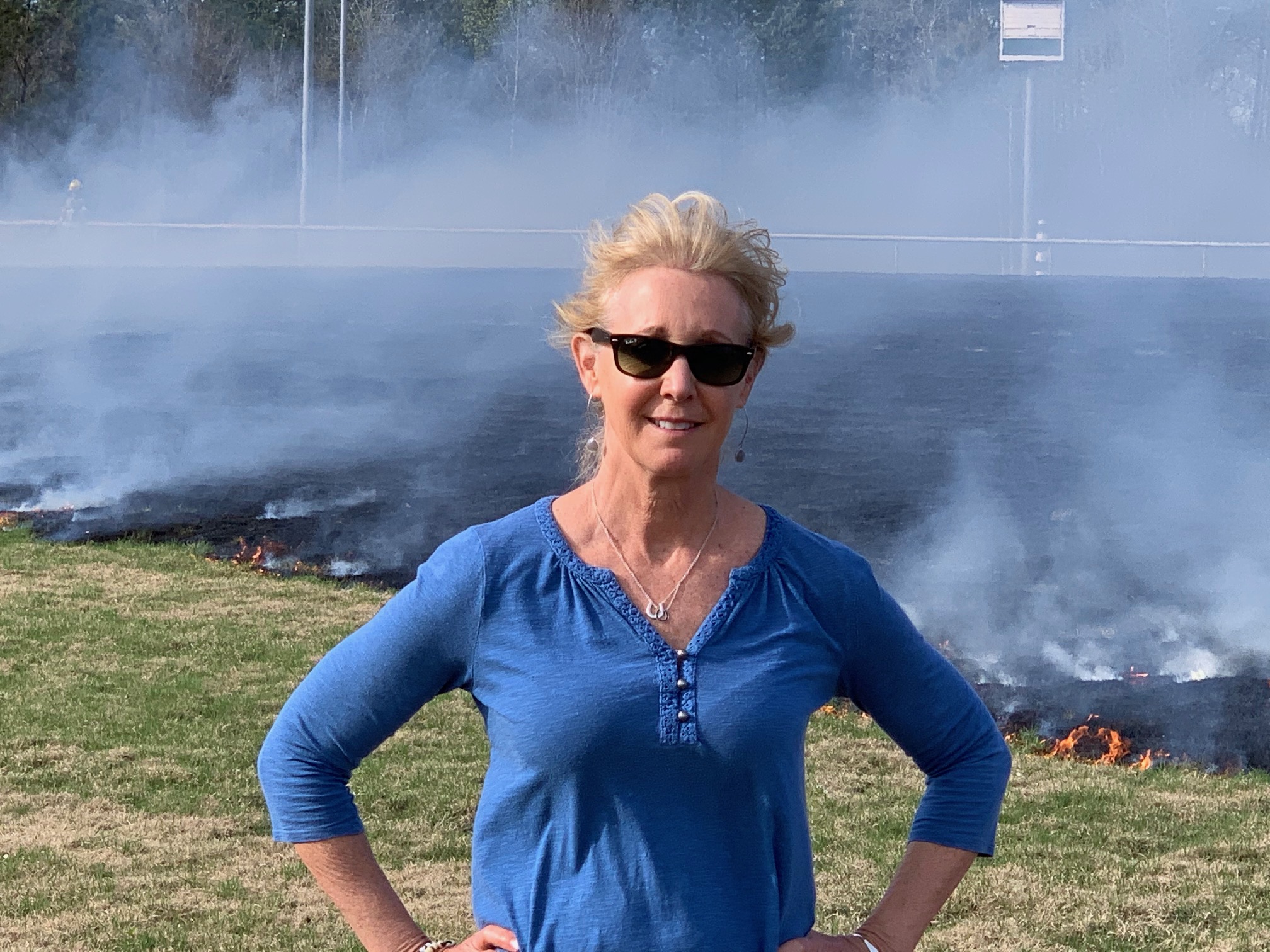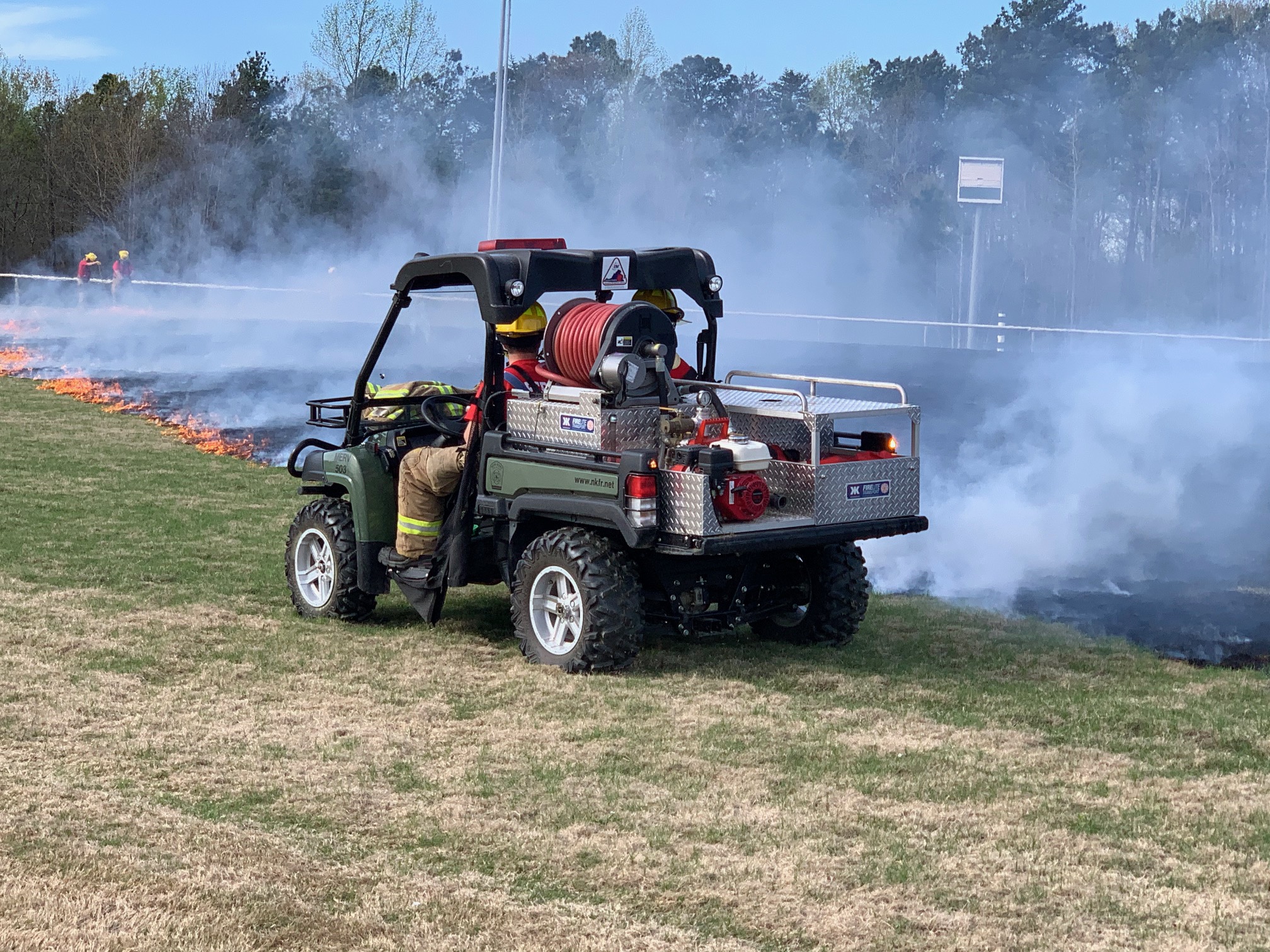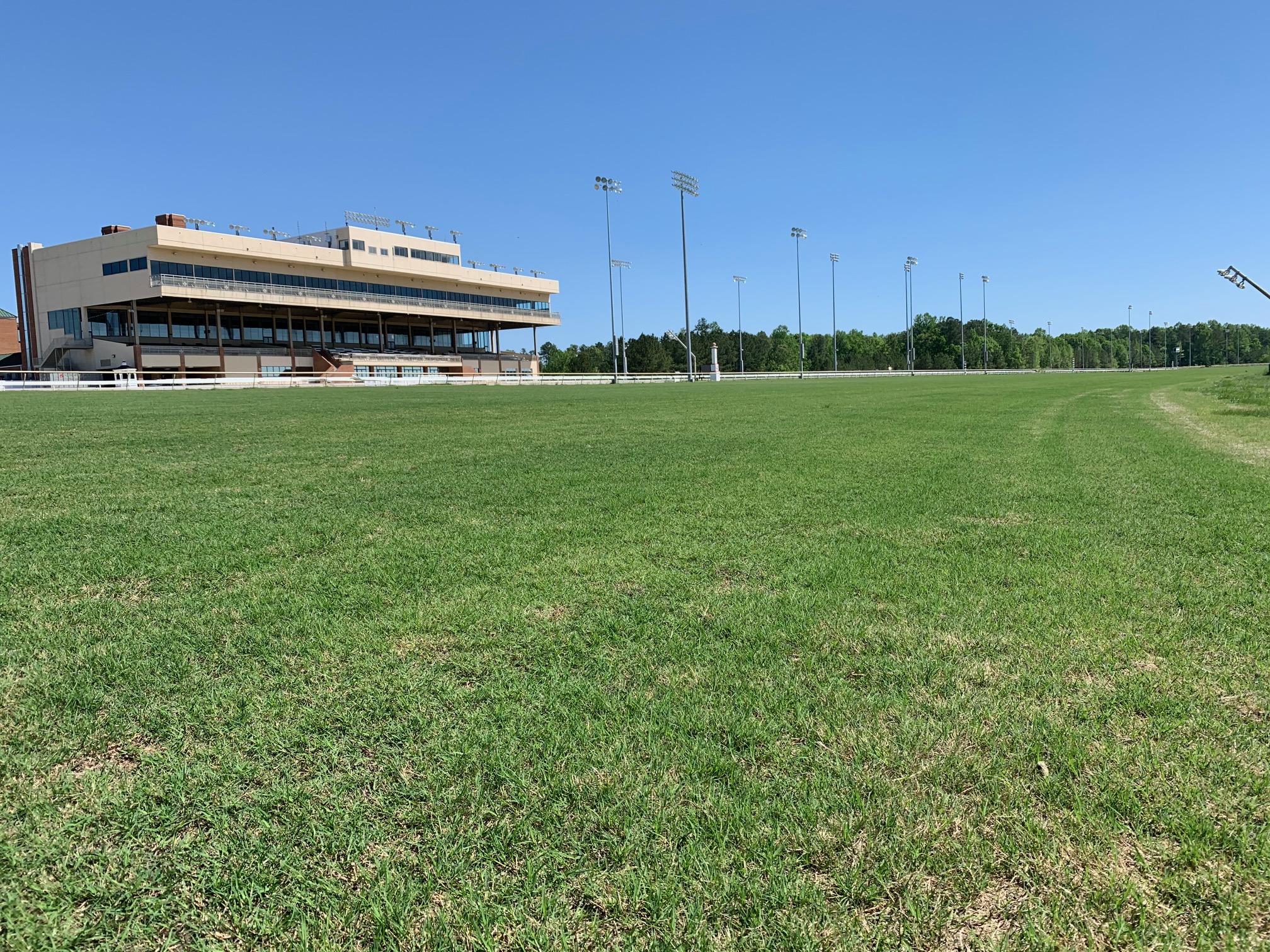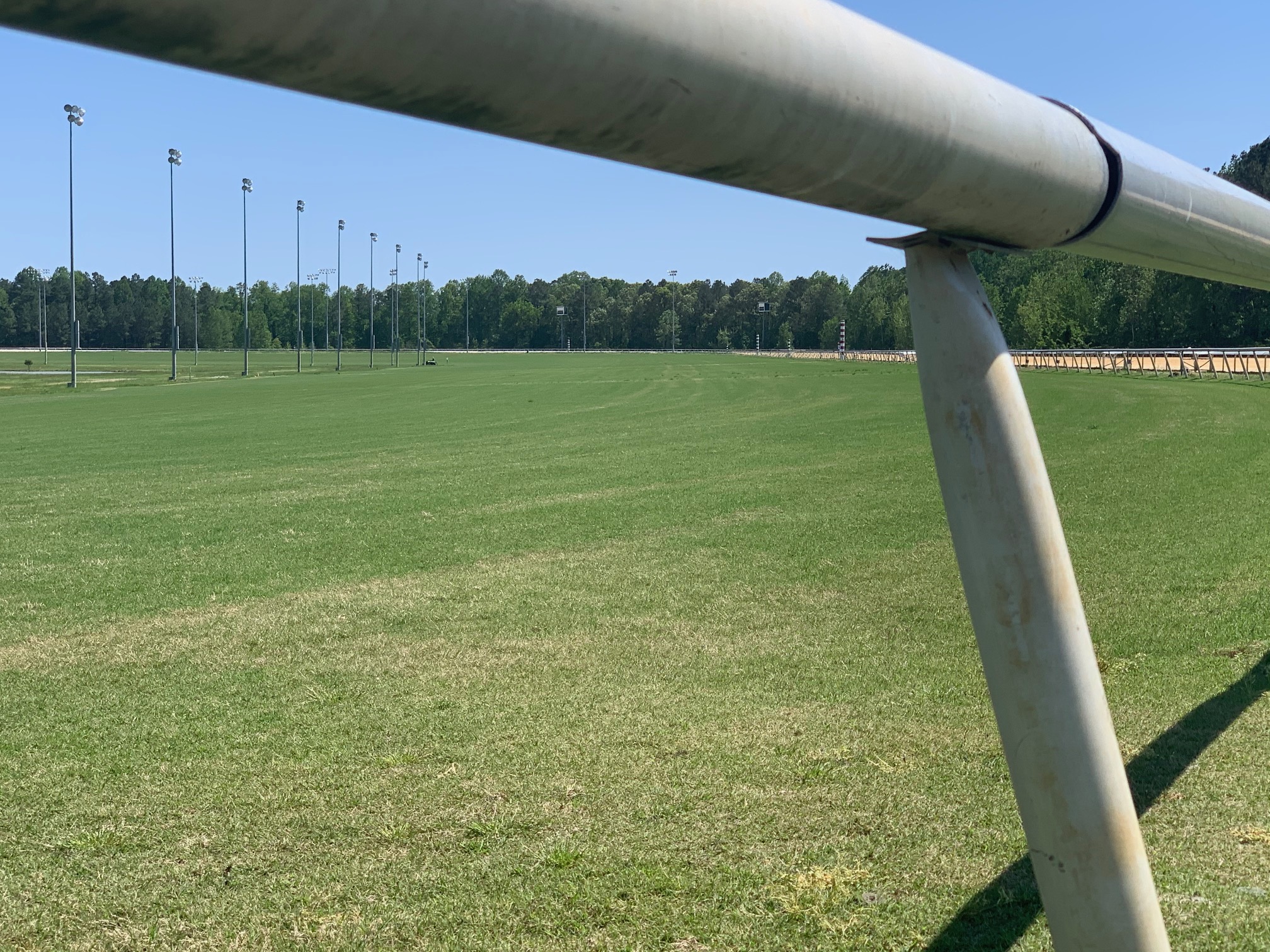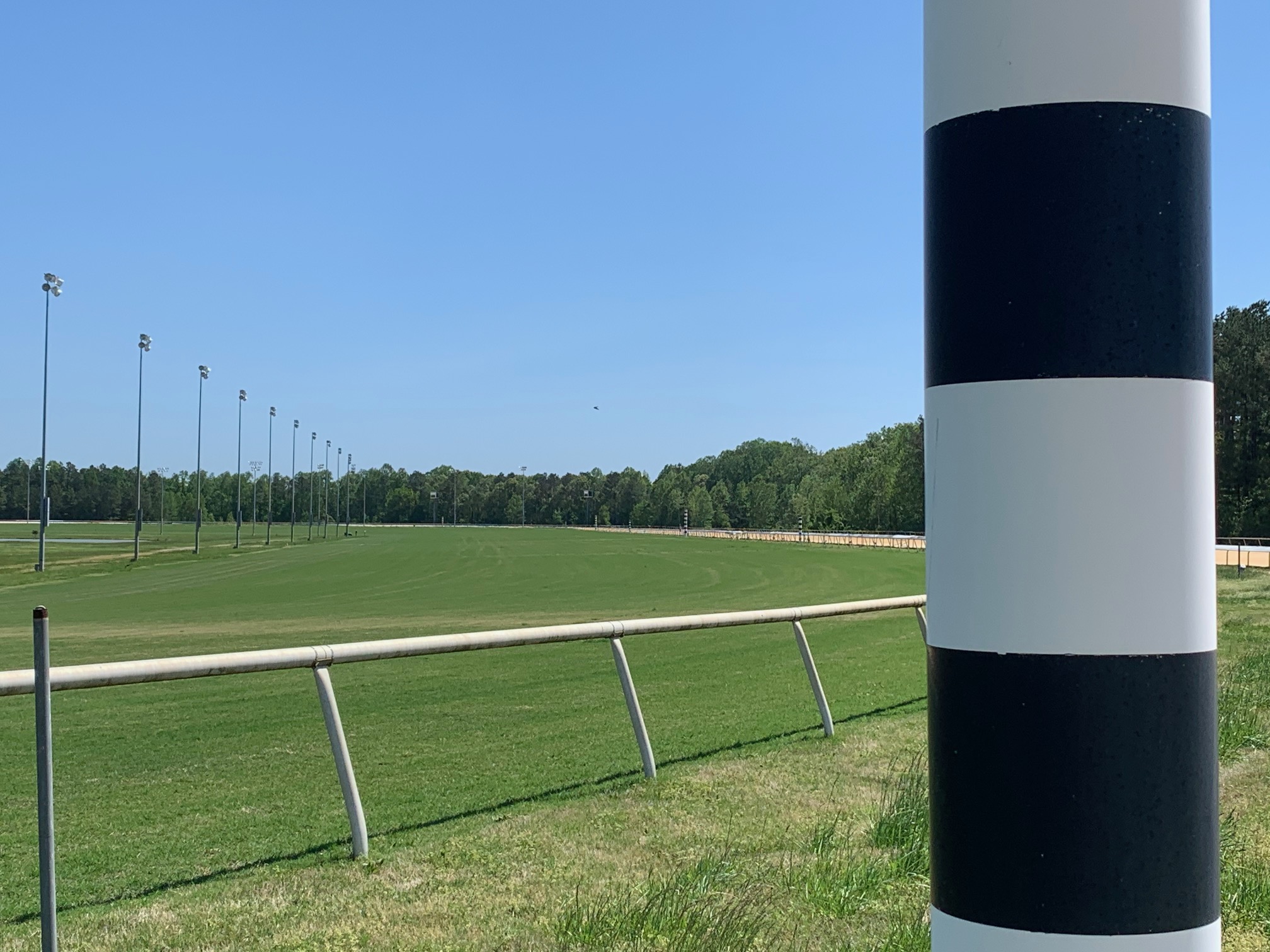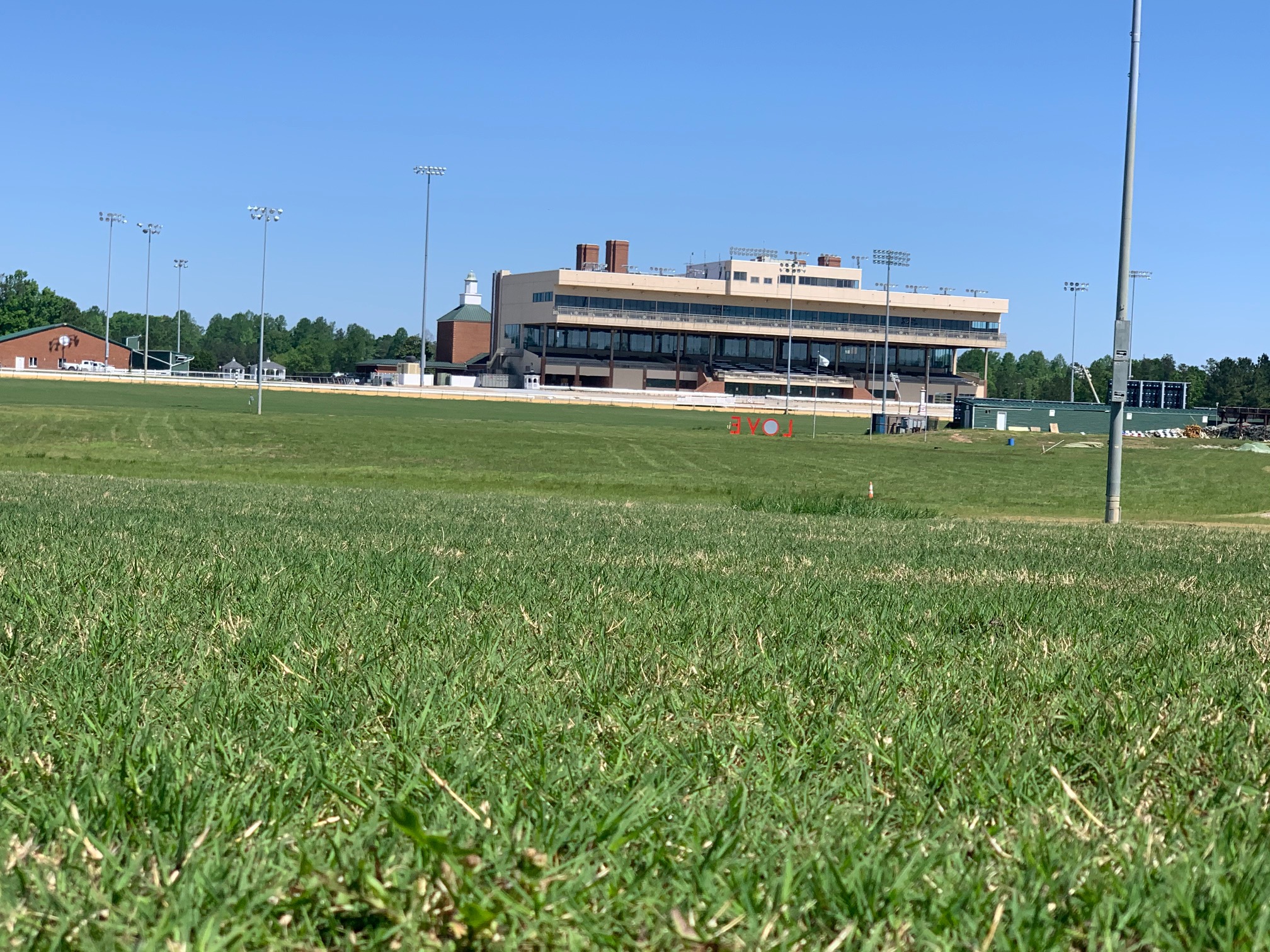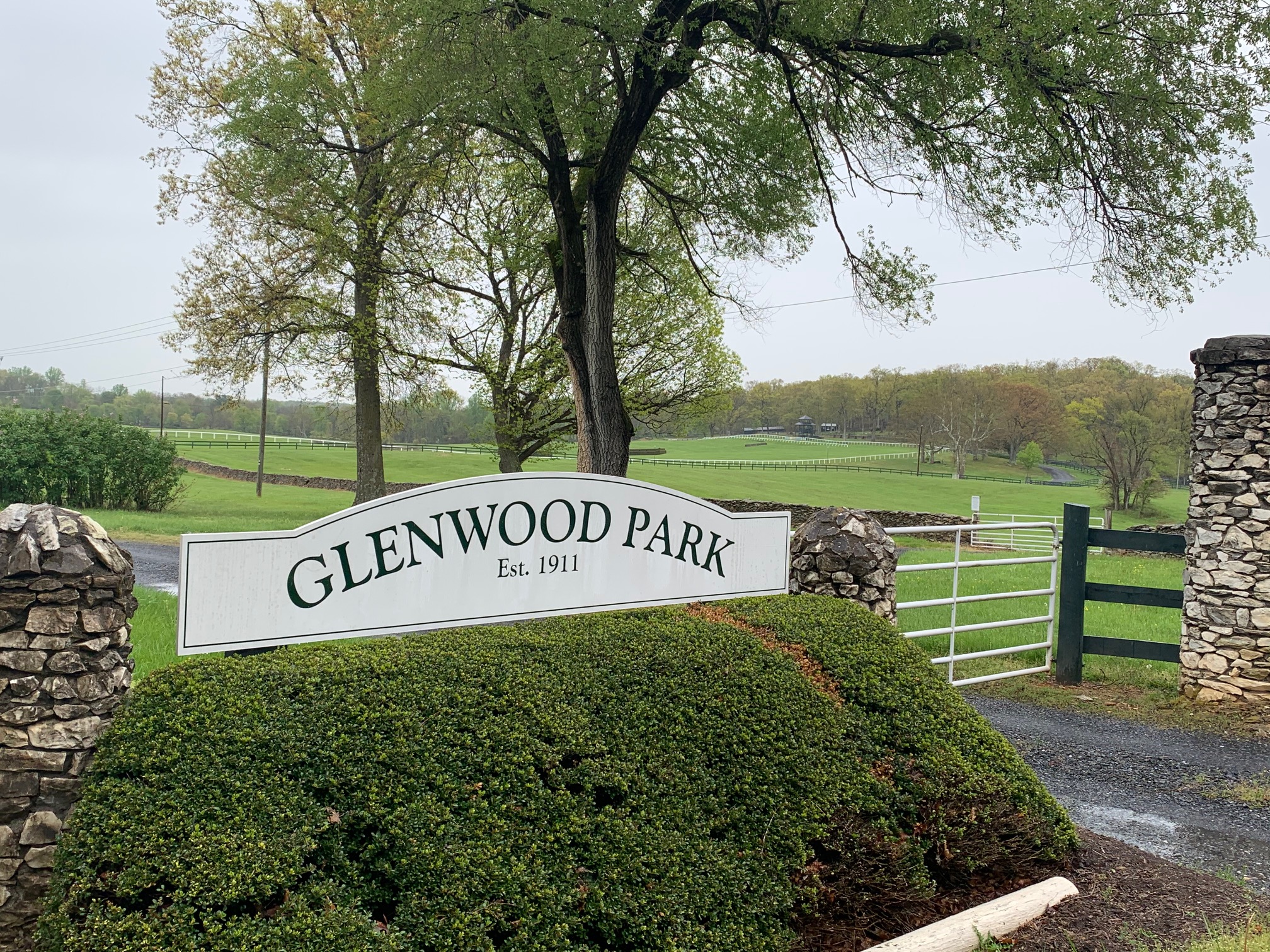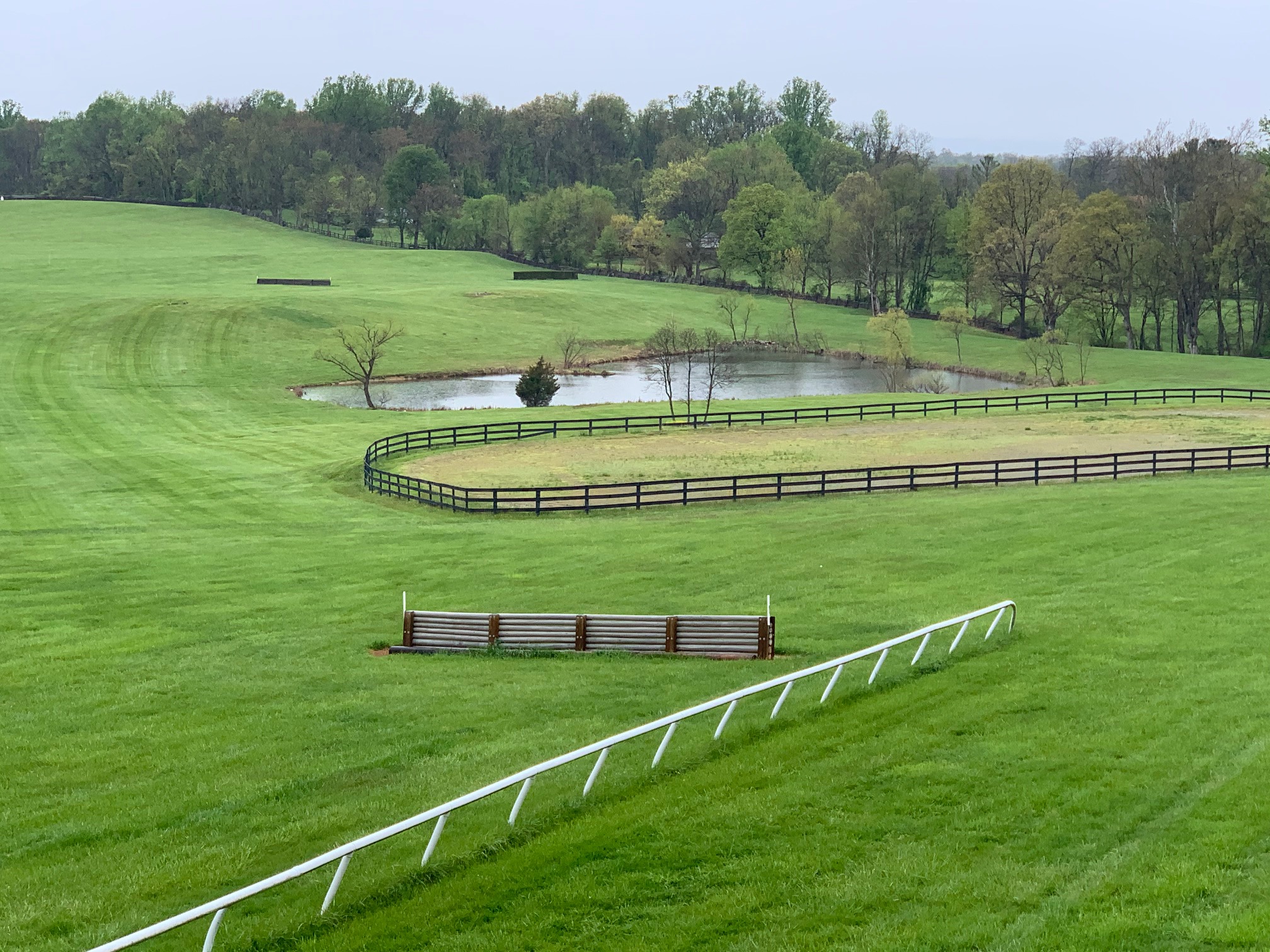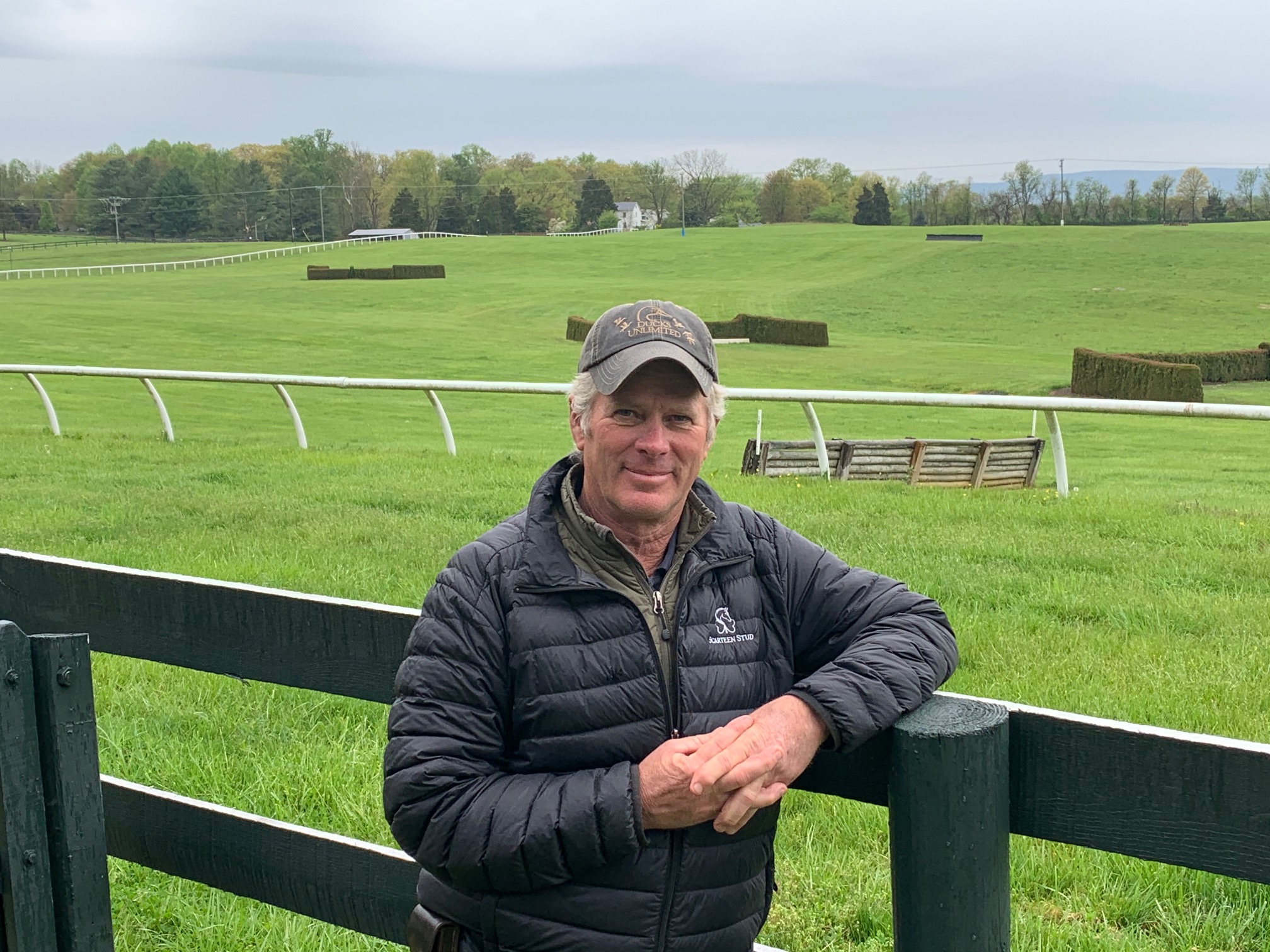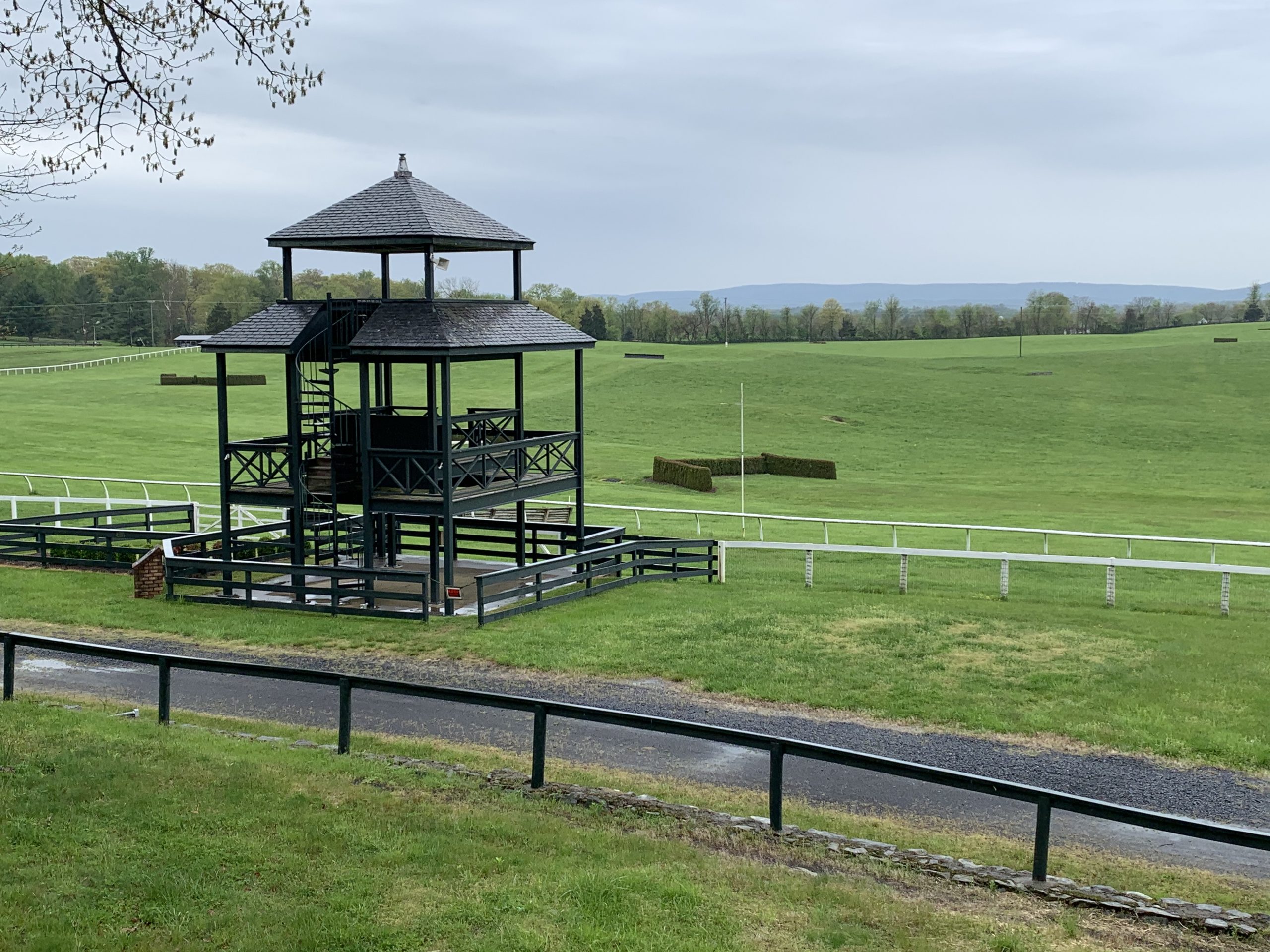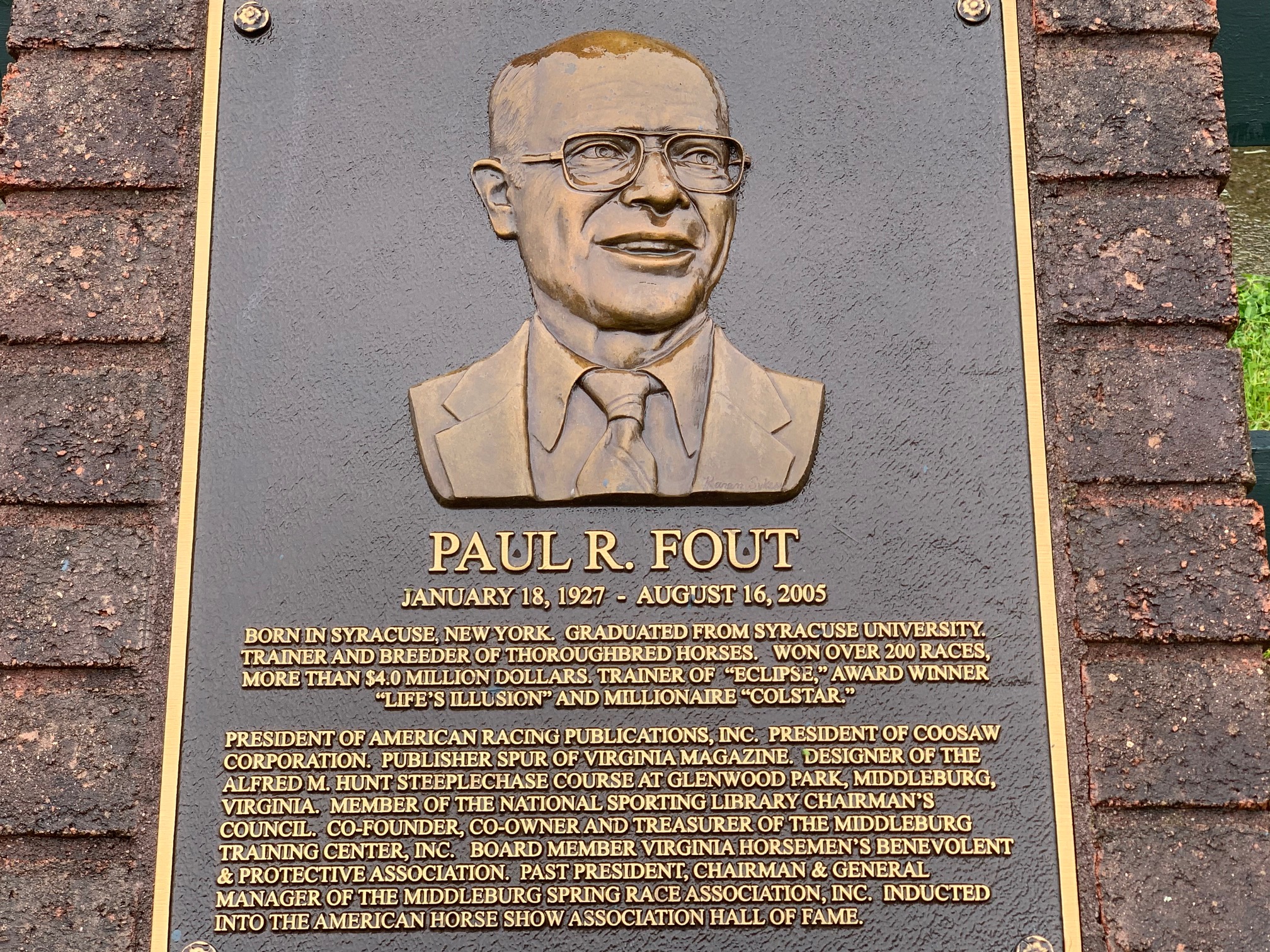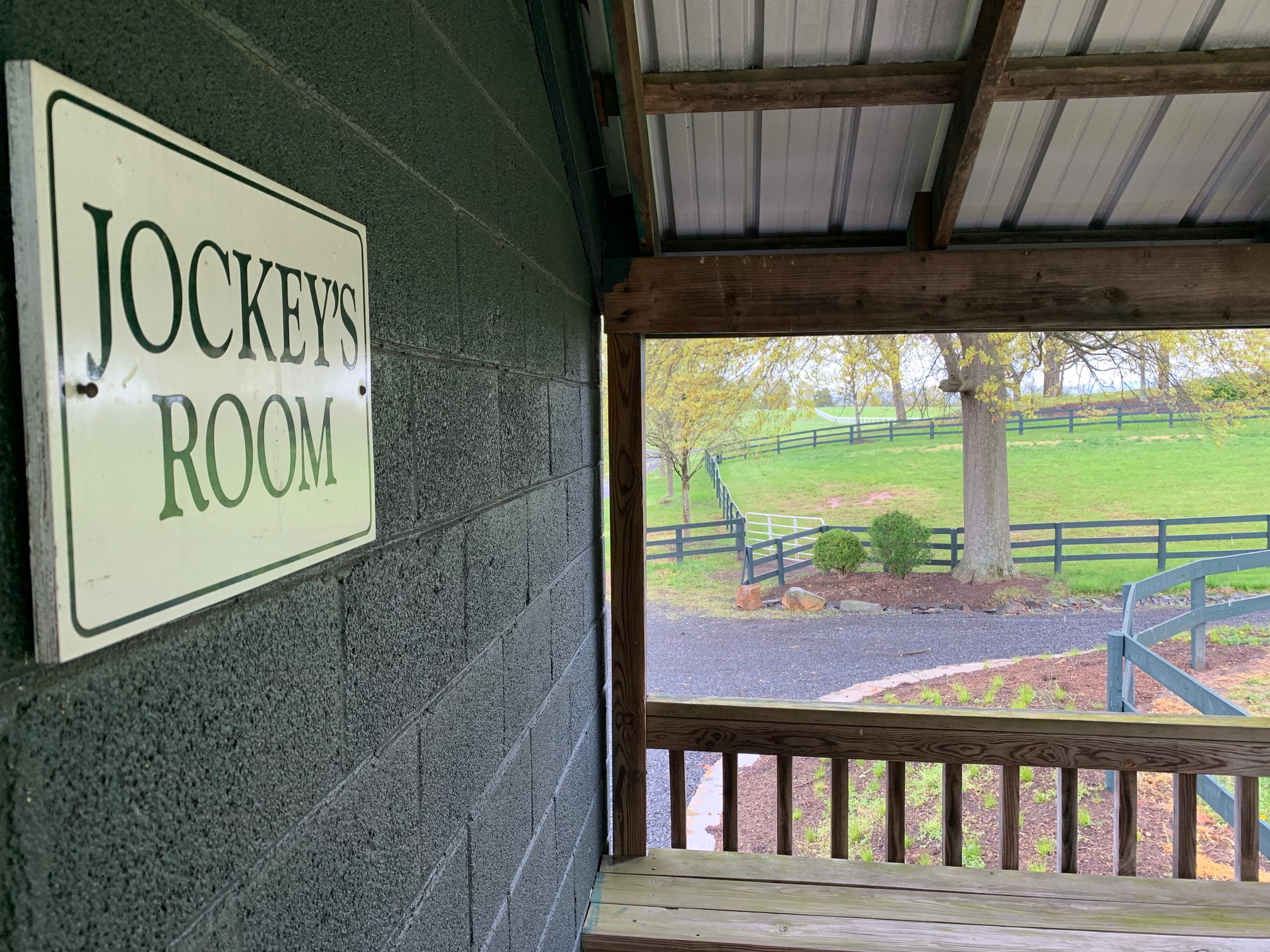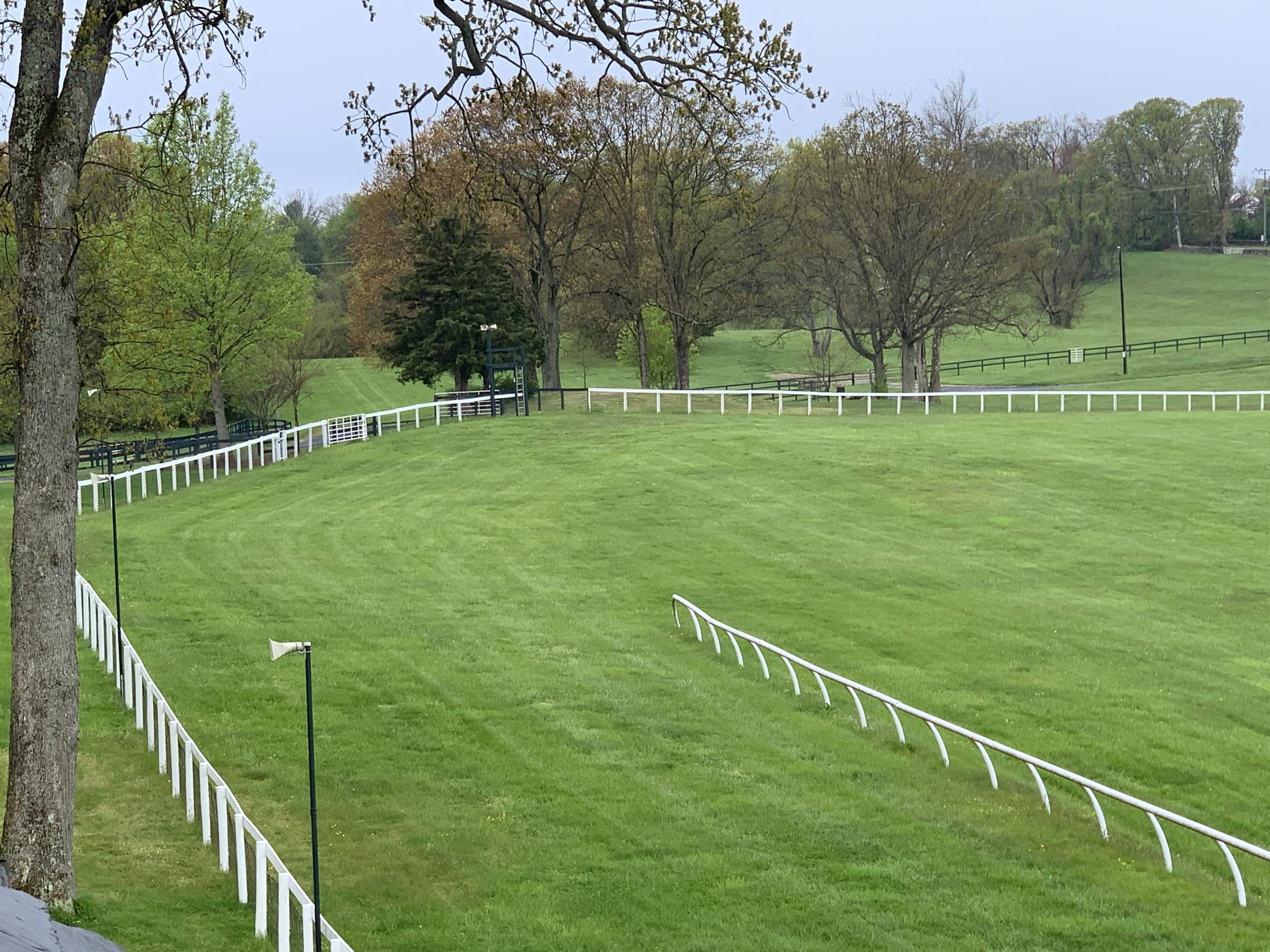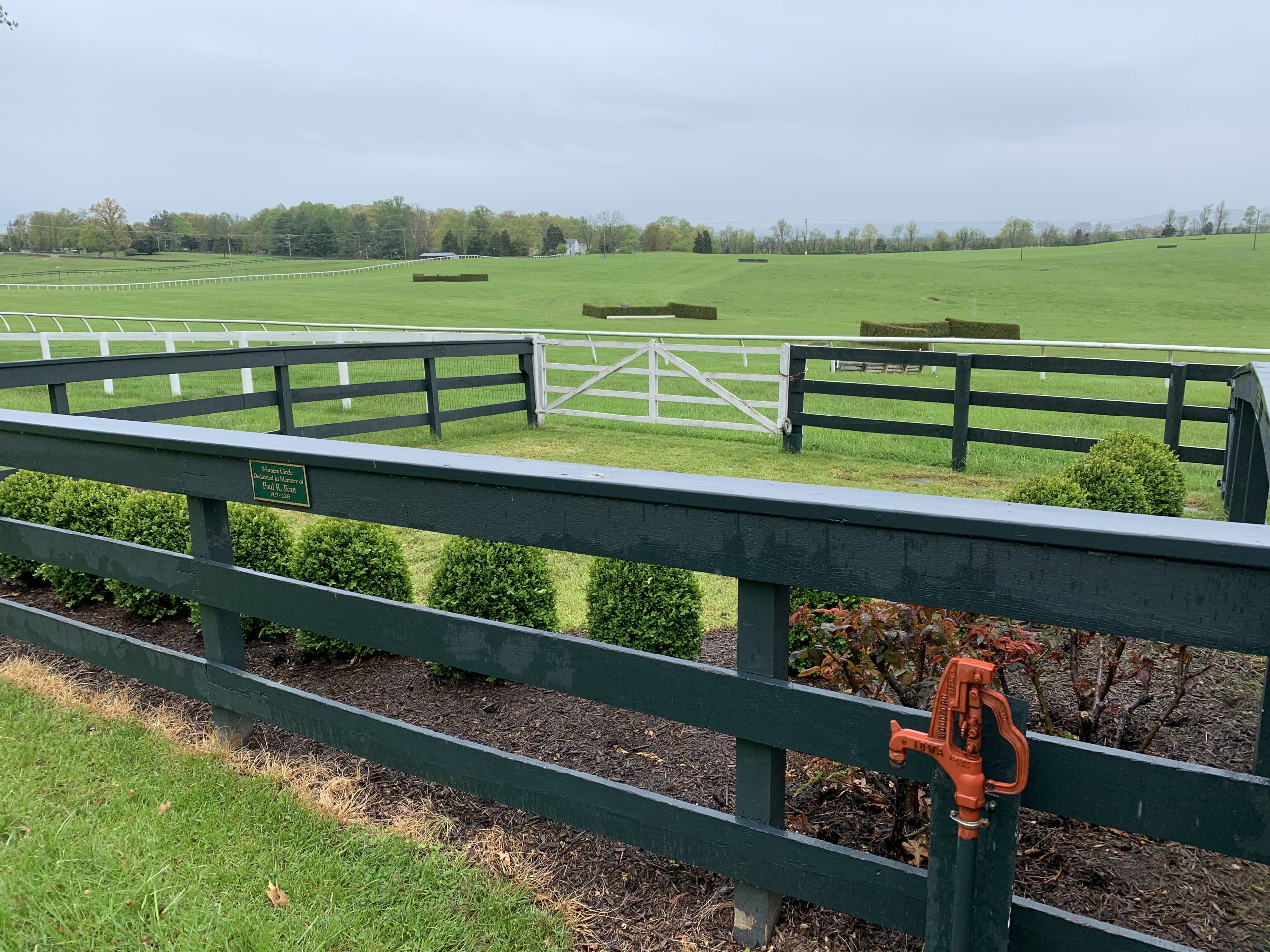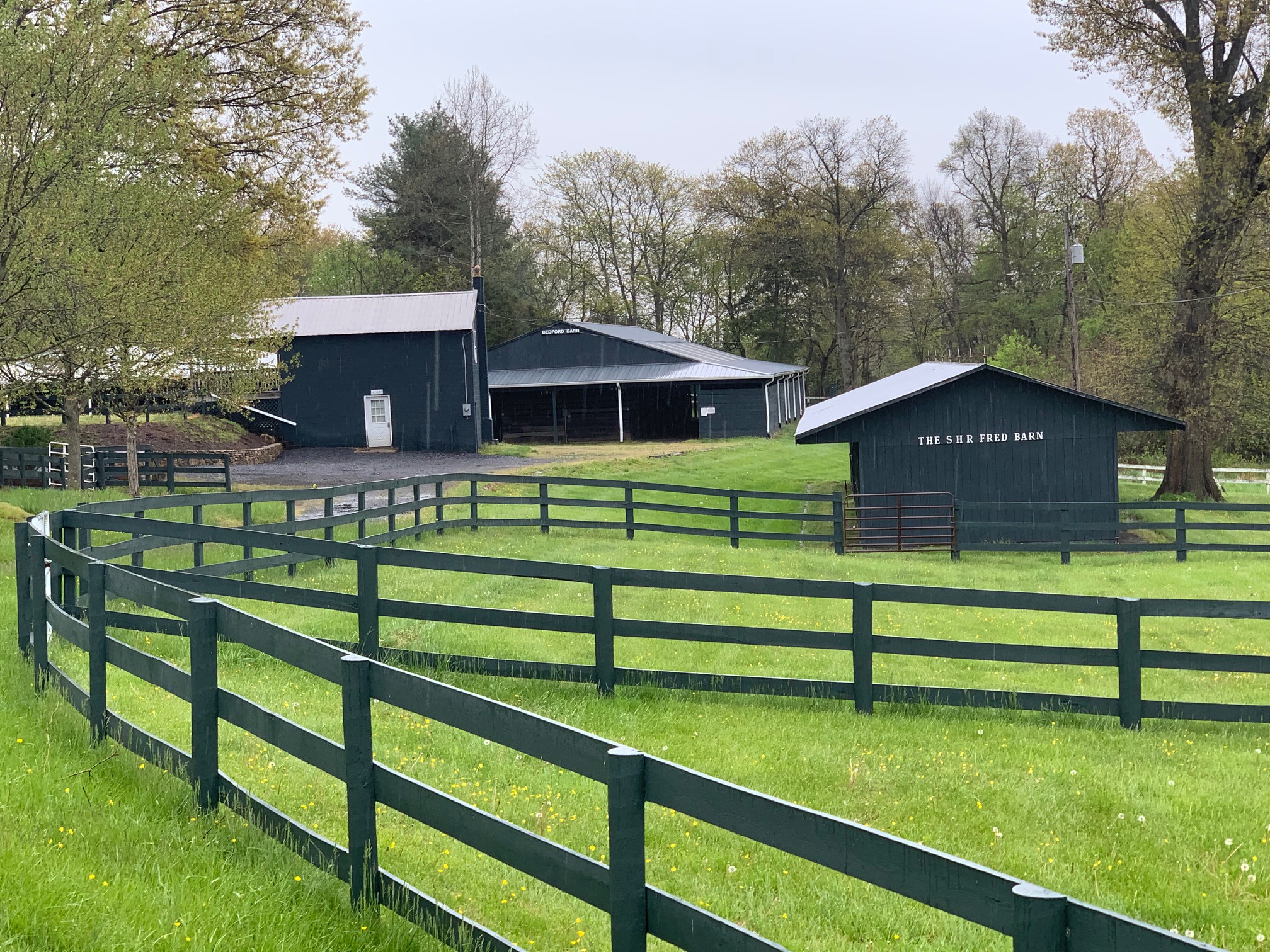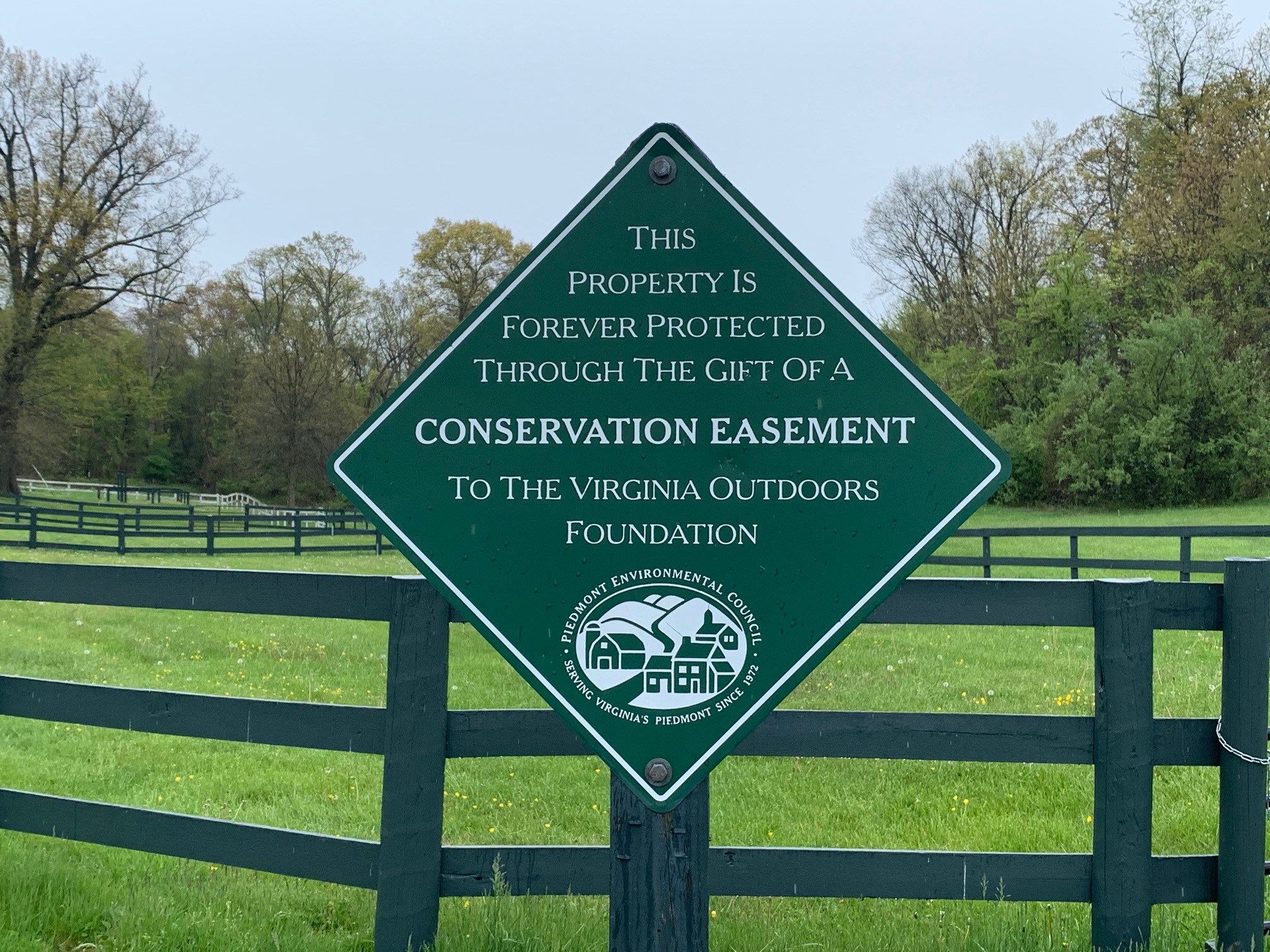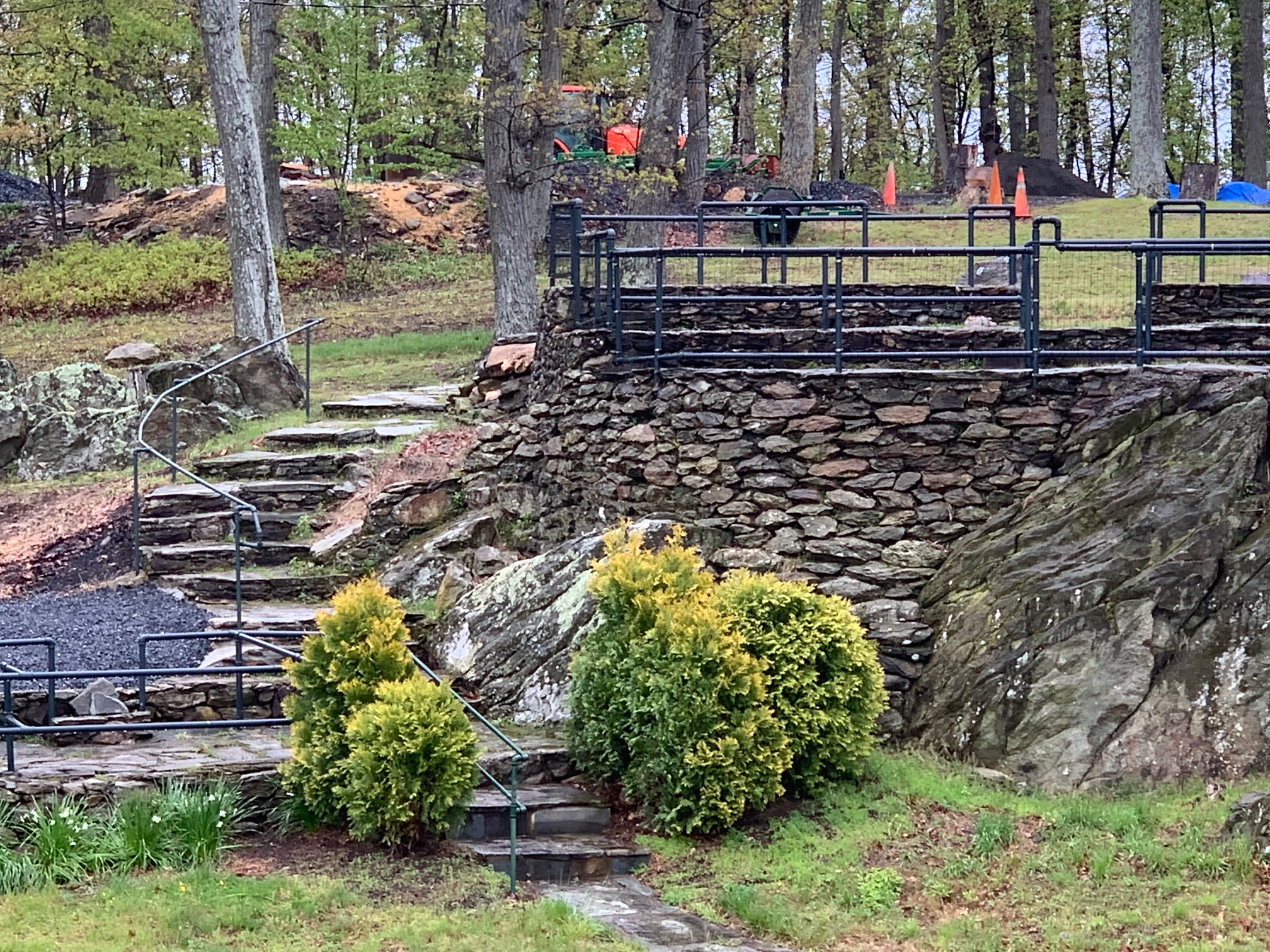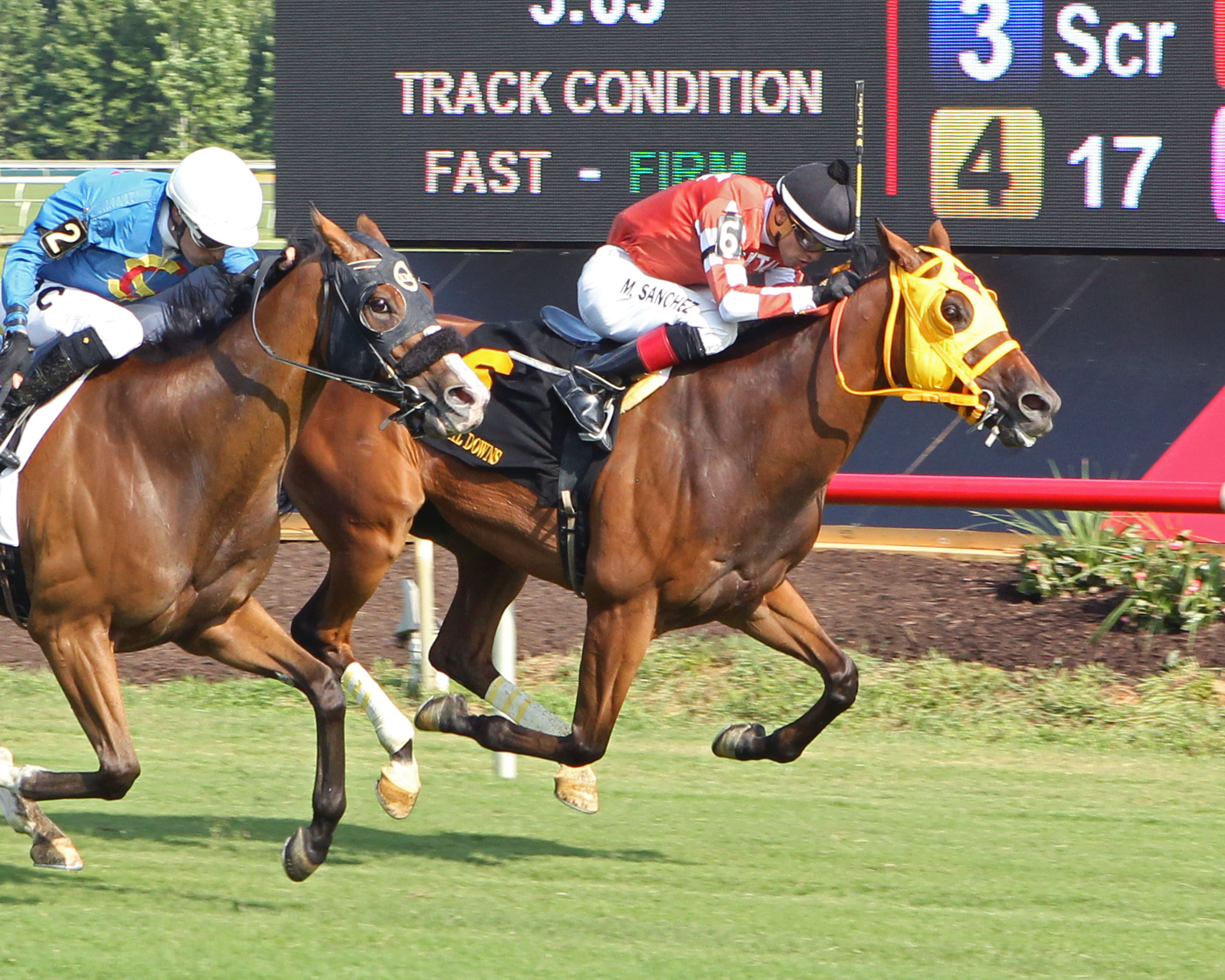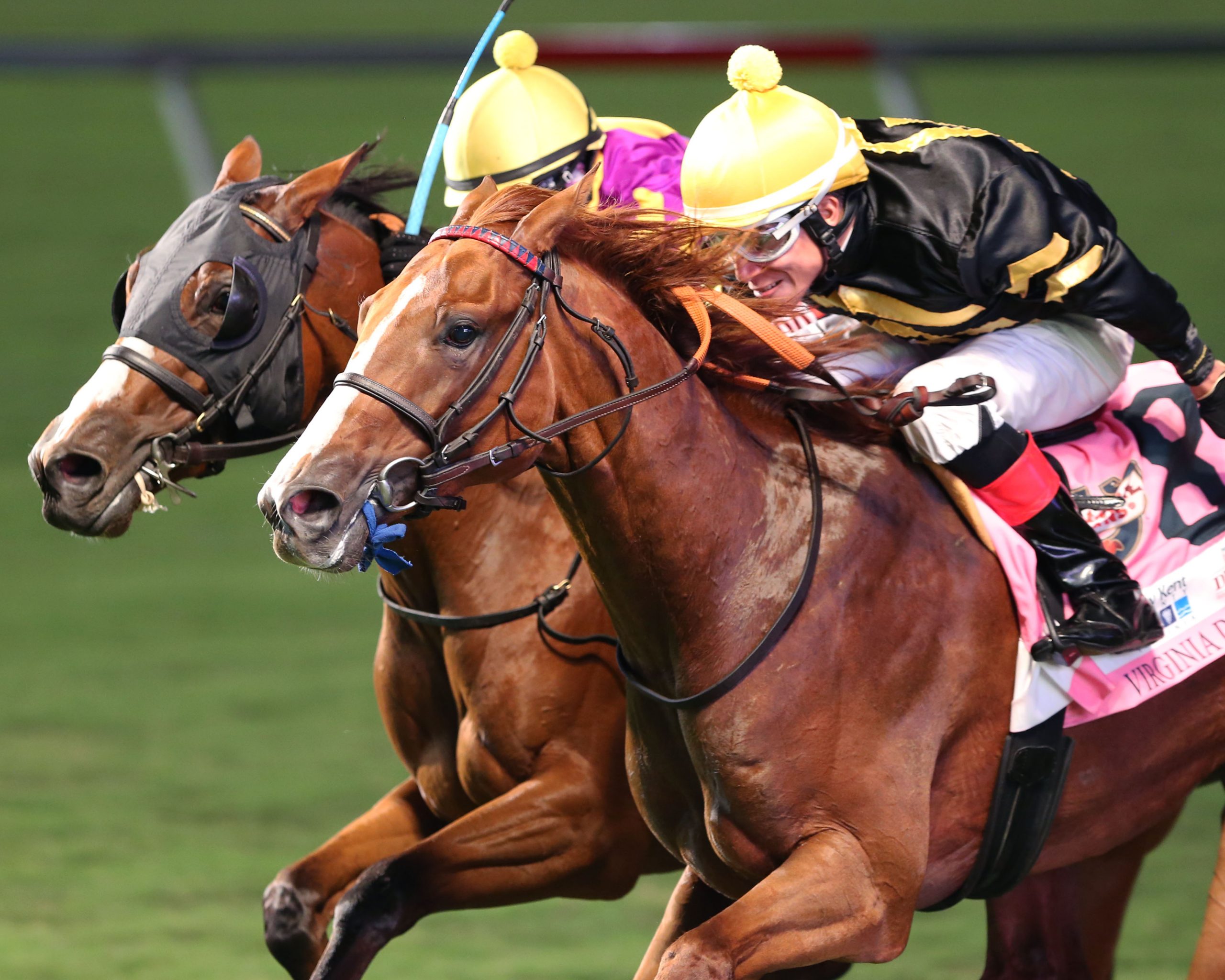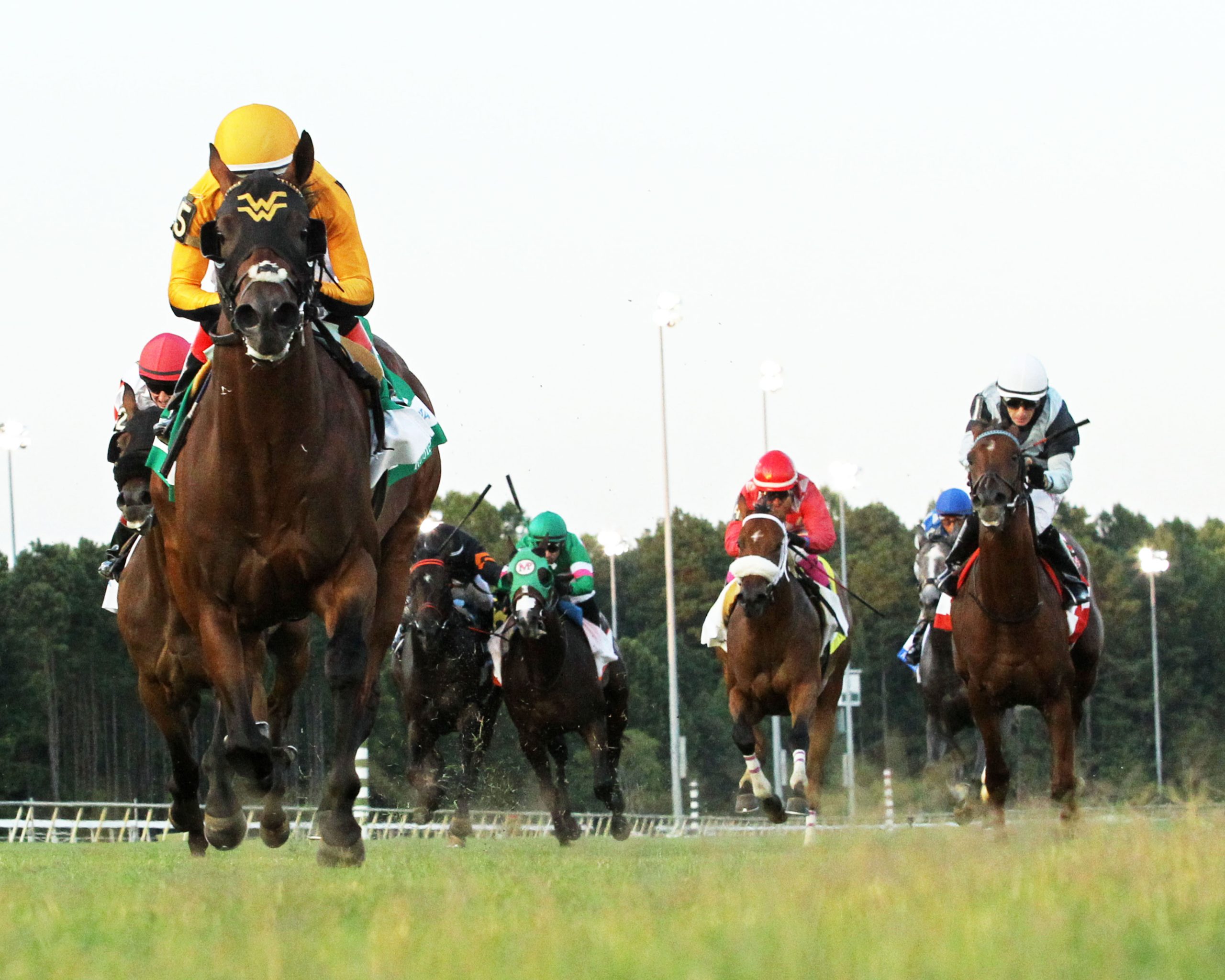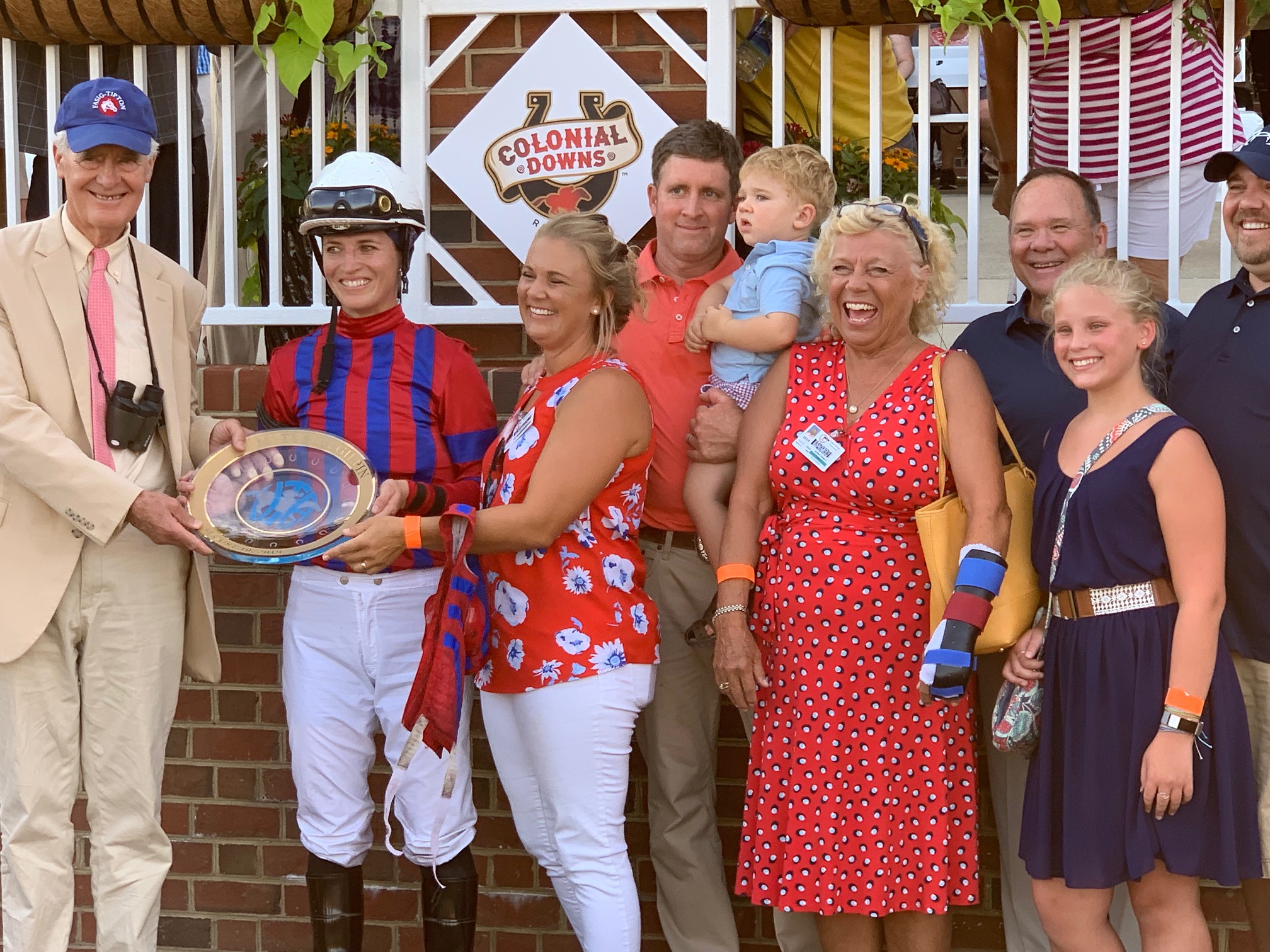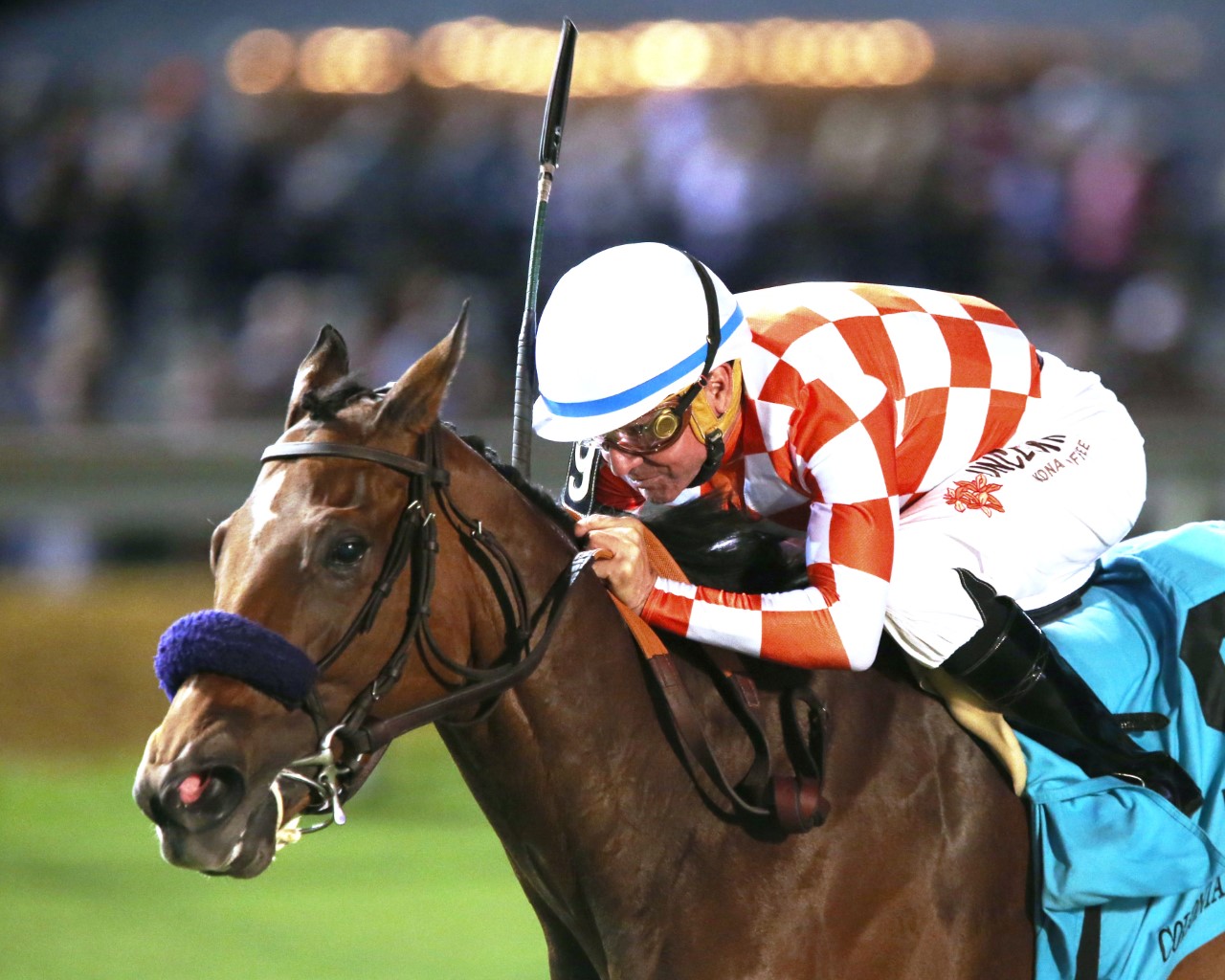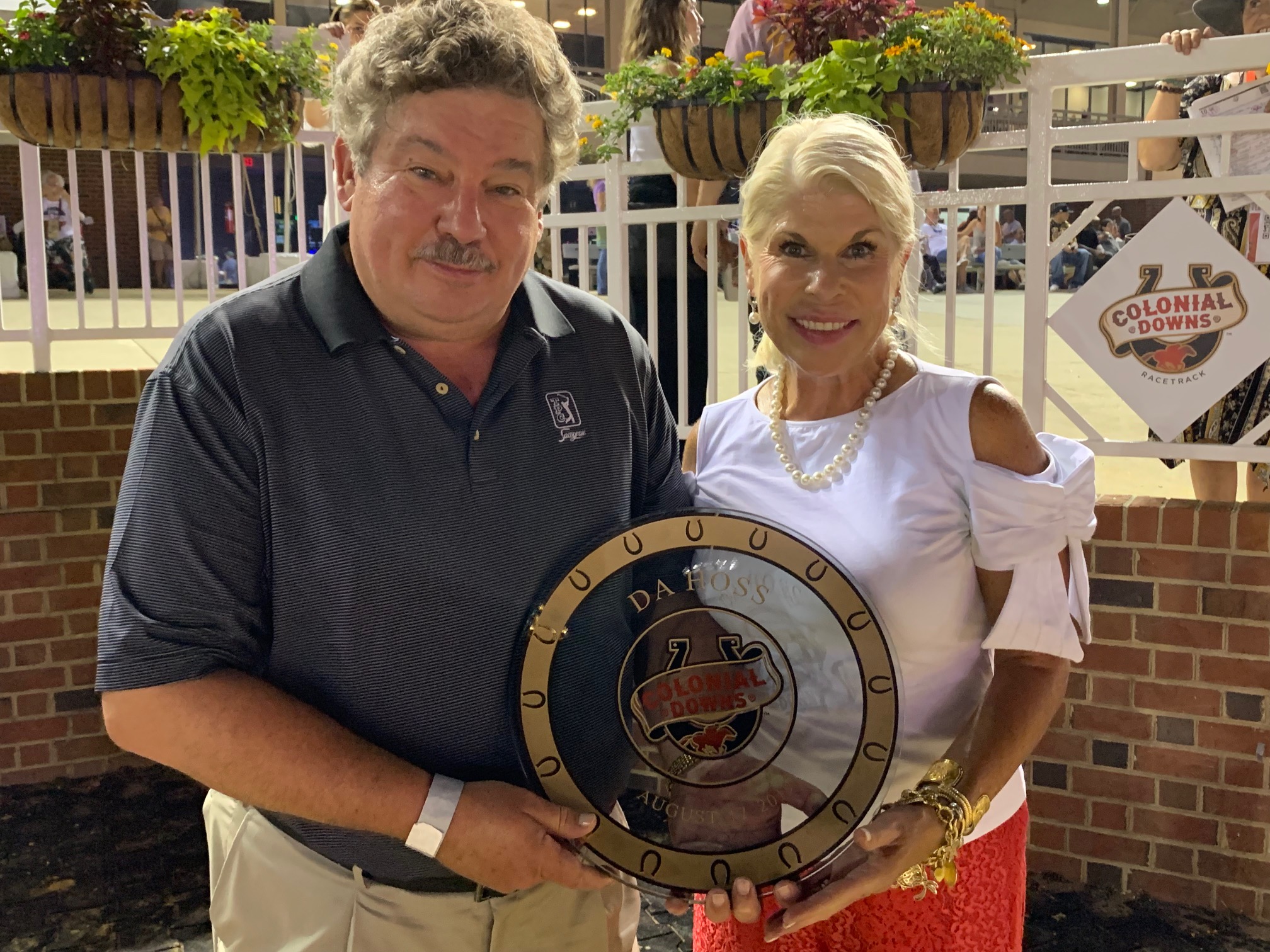The following article appeared on richmond.com May 20 and was written by Michael Martz.
Colonial Downs Group is ready to enter the starting gate for reopening Rosie’s Gaming Emporiums in Richmond and three other Virginia localities, but it plans to run a much different business than before the coronavirus pandemic shut down gaming and other recreational venues.
People will be “invited” to make reservations to visit Rosie’s locations in South Richmond, New Kent and Roanoke counties, and Hampton, under the company’s plan. They’ll have two hours to play the historical horse racing machines before cleaning crews return to scour every potentially contaminated surface before the next group of players arrives.
Employees and guests will have to wear face masks over their mouths and noses. Everyone’s temperature will be scanned by thermal cameras — and in some cases rechecked by hand — and no one will be allowed to enter with a temperature above 100.4 degrees Fahrenheit or other potential symptoms of COVID-19.
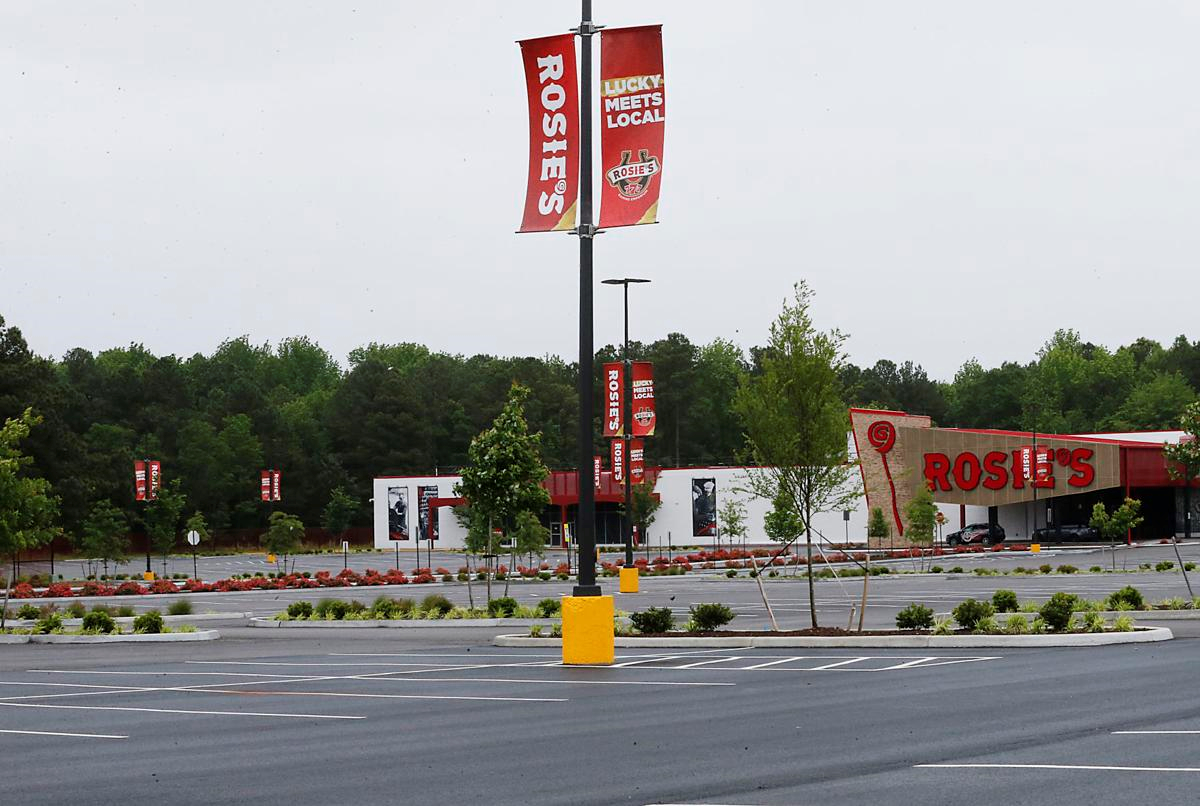
The formerly bustling parking lot at Rosie’s on Midlothian Turnpike (in Richmond) was empty on May 20. RTD photo by Mark Gormus.
No more elbow-to-elbow gaming at racing terminals, which will be reduced by two-thirds and spaced 6 feet apart, separated by plexiglass dividers. Outdoor dining will be allowed at the Colonial Downs race track and Rosie’s gaming emporium in New Kent, but only takeout food will be served at the other locations.
“These are unprecedented times,” said Aaron Gomes, chief operating officer at Colonial Downs, which also owns and operates the live horse racing track in New Kent. “While we may not know when we will be allowed to reopen and welcome back guests and team members to our facilities, we do want them to know we will be ready when that moment comes.”
Colonial Downs has communicated its proposal to Gov. Ralph Northam and his staff, but doesn’t expect imminent action to lift the restrictions the governor imposed on March 23, eight days after the company voluntarily closed its operations.
“It’s all about being proactive in our discussions with him,” Gomes said in an interview on Wednesday. “We want to show that we’re ready when it’s safe to do so.”
Clark Mercer, Northam’s chief of staff, said the administration recently spoke to a number of businesses that run large recreational, cultural and athletic venues.
“All of the businesses we’ve been talking to have been really serious about putting together appropriate plans to reopen safely,” he said.
Colonial Downs “has been good about communicating with us,” Mercer said. “I think their plan is a good one. It’s something we’re going to have to dig in on in a little bit.”
The reopening can’t come too soon for Colonial Downs, which has spent $5.5 million on maintaining salaries and benefits for its more than 1,000 employees in the past two months. The company, owned by the casino resort operator Peninsula Pacific Entertainment, expects to spend $500,000 on equipment, training and extensive safety measures to carry out its “Extra Care” plan for operating under the shadow of COVID-19.
The stakes are high for the lucrative gaming industry in Virginia.
Before Northam declared a public health emergency, ordered recreational and other nonessential businesses to close and prohibited gatherings of 10 or more people, Virginia was embarking on a new era of public gaming, with Colonial Downs taking an early lead.
This year, the General Assembly approved legislation, which Northam signed, that will legalize casino gambling in five Virginia cities with voter consent; allow sports betting and internet lottery sales; and compensate Colonial Downs with 2,000 additional gaming terminals, primarily at a planned facility in Dumfries, a Prince William County town in the lucrative Northern Virginia market.
The pandemic didn’t stop those plans from moving forward, but it gave unexpected life to electronic games of skill that the assembly had banned largely because they had posed unregulated competition to the Virginia Lottery. Northam gave them another year of life and taxed them heavily to generate money for the state’s Coronavirus Relief Fund.
Colonial Downs is ahead of the pack because the General Assembly approved historical horse racing in 2018, allowing the operation of gaming terminals that look like slot machines but rely on data from actual races. The legislation allowed the company to operate up to 3,000 gaming terminals.
The company has invested $300 million to reopen the shuttered horse track and establish gaming parlors with a total of 2,150 machines there in New Kent; South Richmond; Hampton; and Vinton, in Roanoke County; and prepare to open a fifth Rosie’s in Chesapeake.
The company also hopes to open Rosie’s locations in Dumfries — with up to 1,650 machines under the casino legislation — and Danville, where Peninsula Pacific is vying for a casino license. Voters approved referendums last fall to allow historical horse racing gaming in both jurisdictions.
When the first Rosie’s opened in New Kent just over a year ago, 500 people lined up outside.
That won’t happen this time. Colonial Downs is producing a video that it will send to its invited guests and circulate on social media to let them know “what to expect when you come back to a Rosie’s,” said Gomes, the company’s chief operating officer. “It’s going to be a different experience.”
Instead of lining up to play, people will come to Rosie’s “by invitation only,” with reservations for a two-hour slot. Between each two-hour slot, crews will sweep in to spray sanitizer and clean thoroughly. Initially, the company will invite previous customers in its database, although it also will allow the public to make reservations through the system it already operates for dining and other events at the New Kent track.
Two-thirds of the gaming terminals in each facility will be unplugged, allowing 6 feet of space between those that remain in operation. In Richmond, that means guests can play 233 of the facility’s 700 terminals. The company will limit the number of people to less than half of each building’s approved occupancy.
When guests arrive, they will undergo touchless temperature screenings at kiosks outside the buildings. Anyone who runs a confirmed temperature of 100.4 degrees or above, or displays COVID-19 symptoms such as coughing or shortness of breath, won’t be allowed to enter.
Those who show an elevated temperature will be offered a second temperature reading conducted by a security officer wearing protective gear and using a temporal thermometer. Anyone who refuses the temperature check will not be allowed to enter. Anyone whose temperature is confirmed at 100.4 degrees or higher will be turned away with an information card on COVID-19.
The new protocols include “required cloth face coverings for all employees and guests,” the plan states.
Curtis Marshall, vice president of security and a former longtime agent at the U.S. Bureau of Alcohol, Tobacco, Firearms and Explosives, said the company is drawing on the experiences at other Peninsula Pacific gaming facilities, which the company has reopened in Louisiana and expects to open this week in Kansas and later in Iowa.
“So far, the public seems to be supportive of what businesses have required in certain protective equipment, namely masks,” Marshall said.
Gomes said the Extra Care program “goes above and beyond” health and safety requirements in the five states, including Virginia, where Peninsula Pacific operates.
“Now, we want all Rosie’s guests and employees to know that when we open our doors again, their health and safety will be first in mind,” he said. “We can’t wait for our guests to resume playing, our employees to return to working, and the fun to begin at Rosie’s.”



